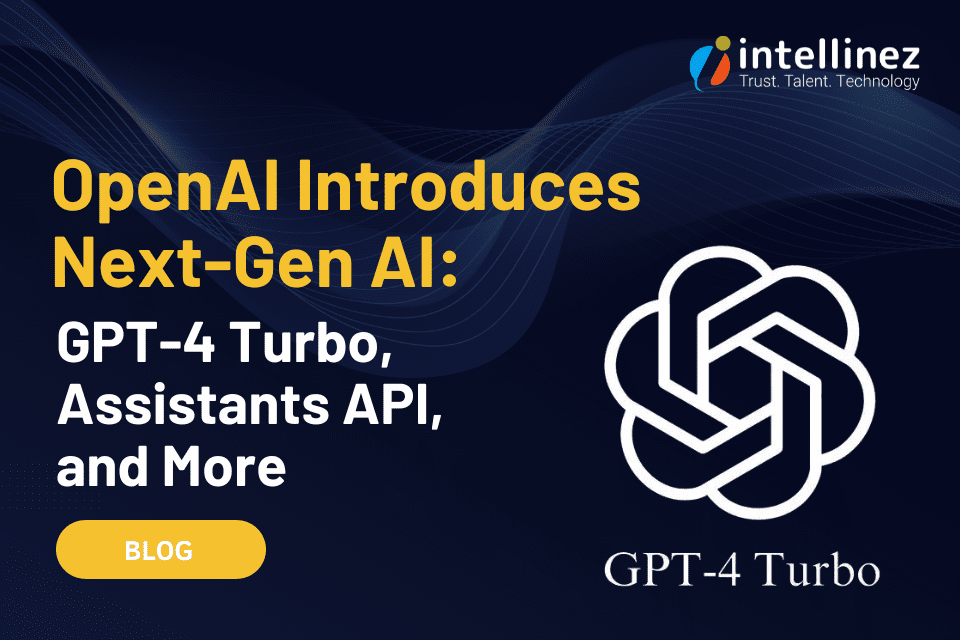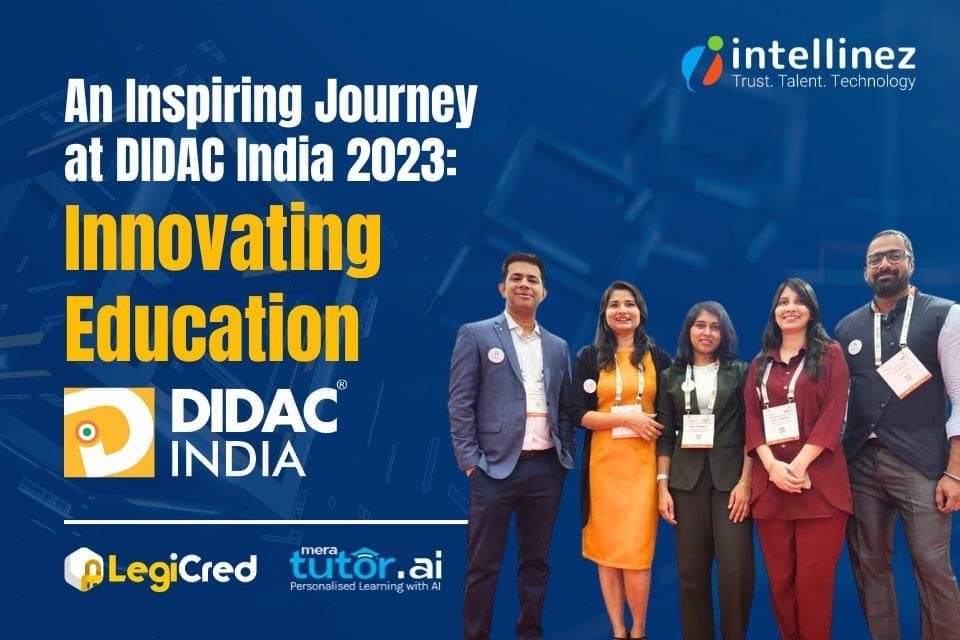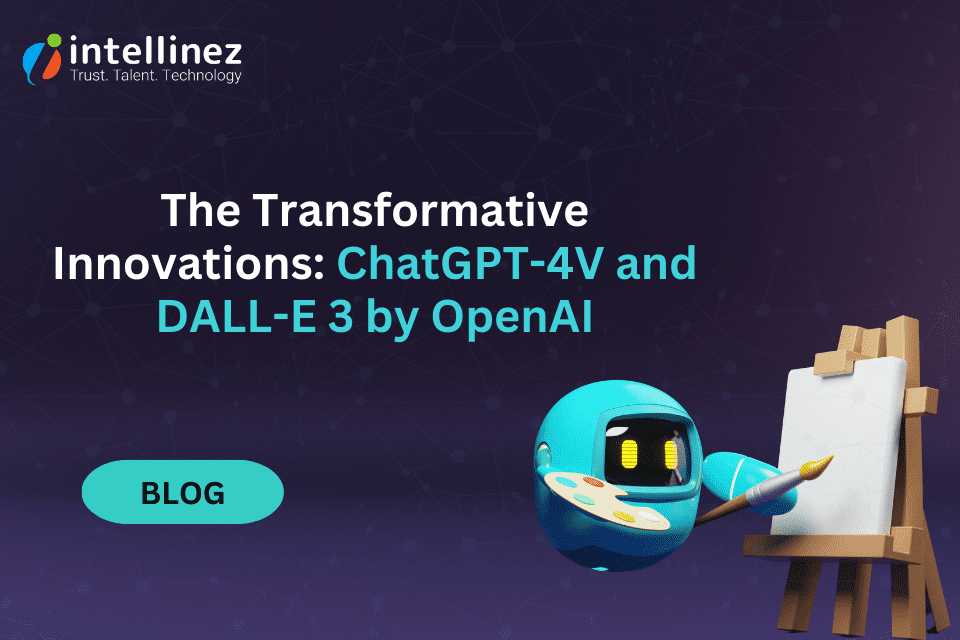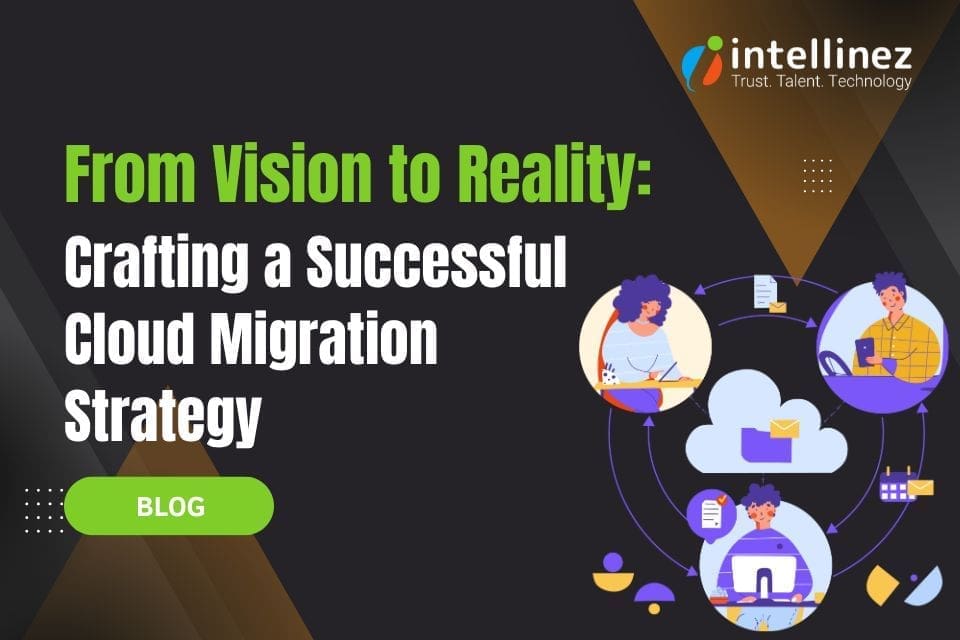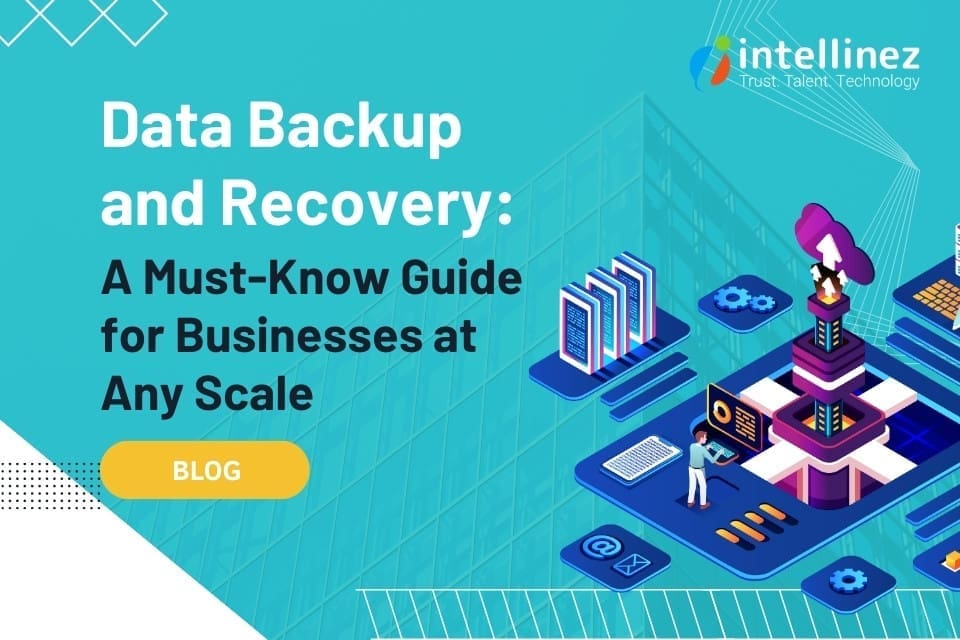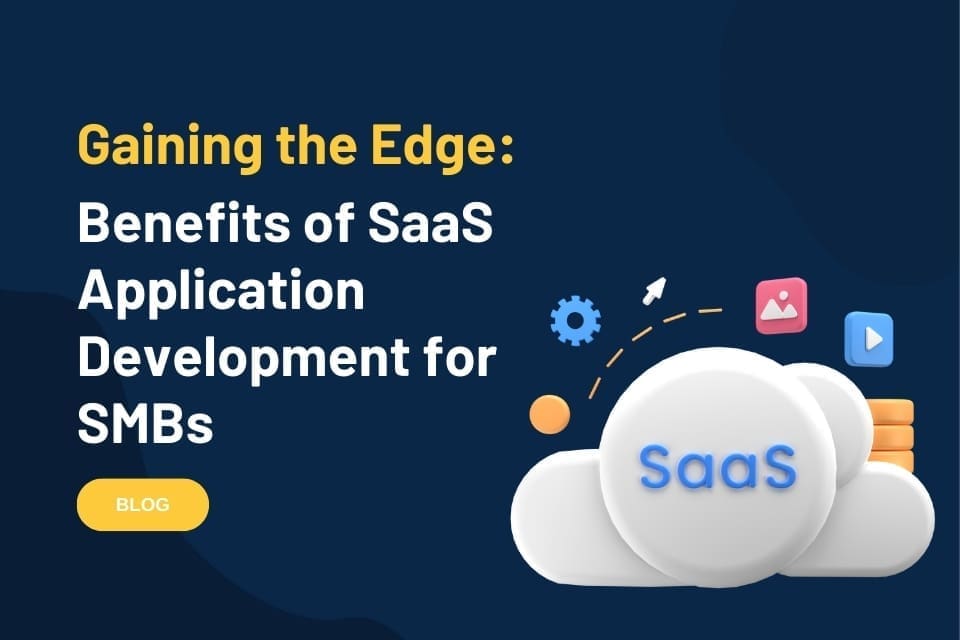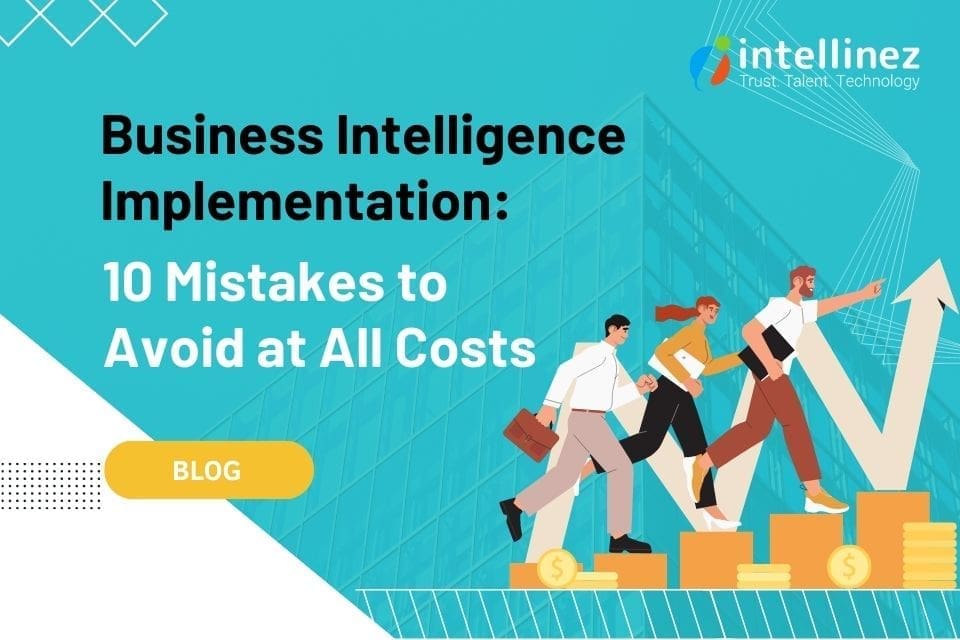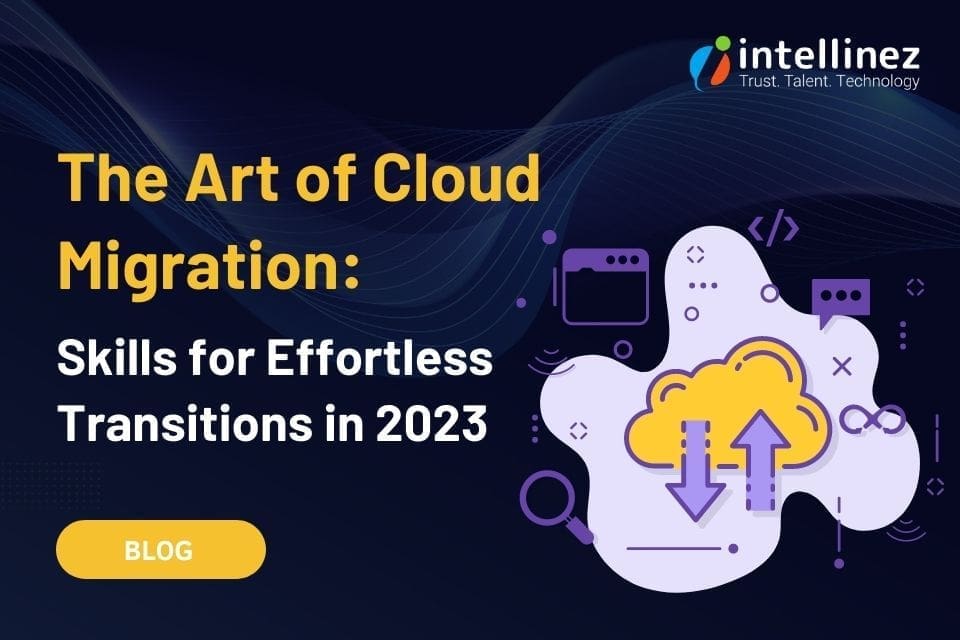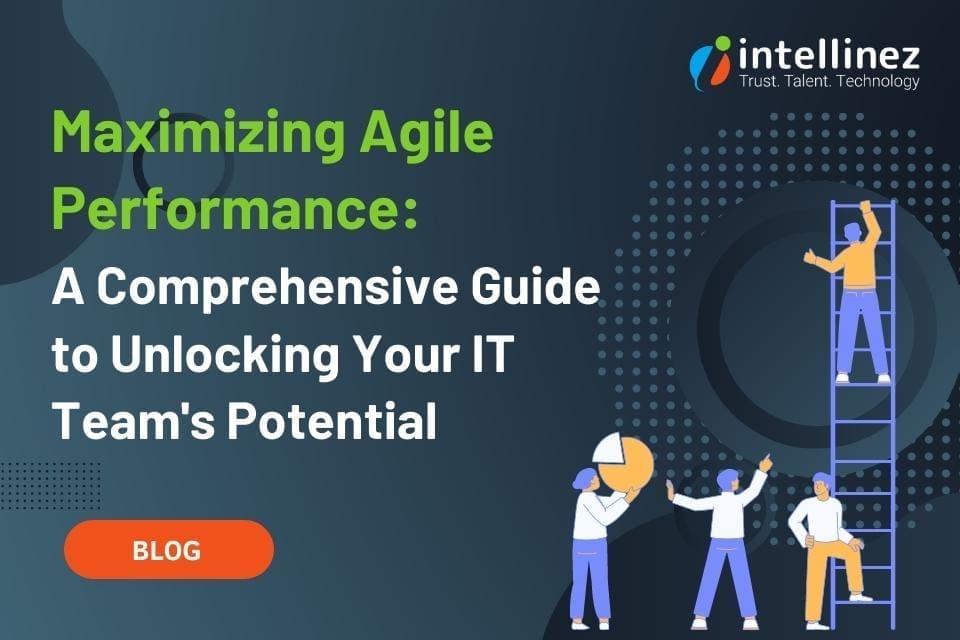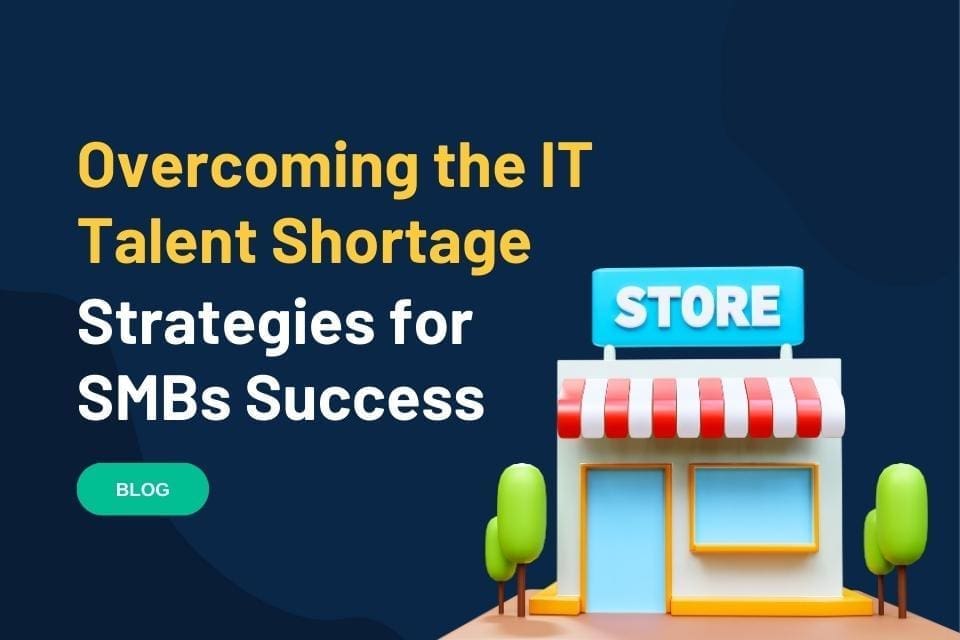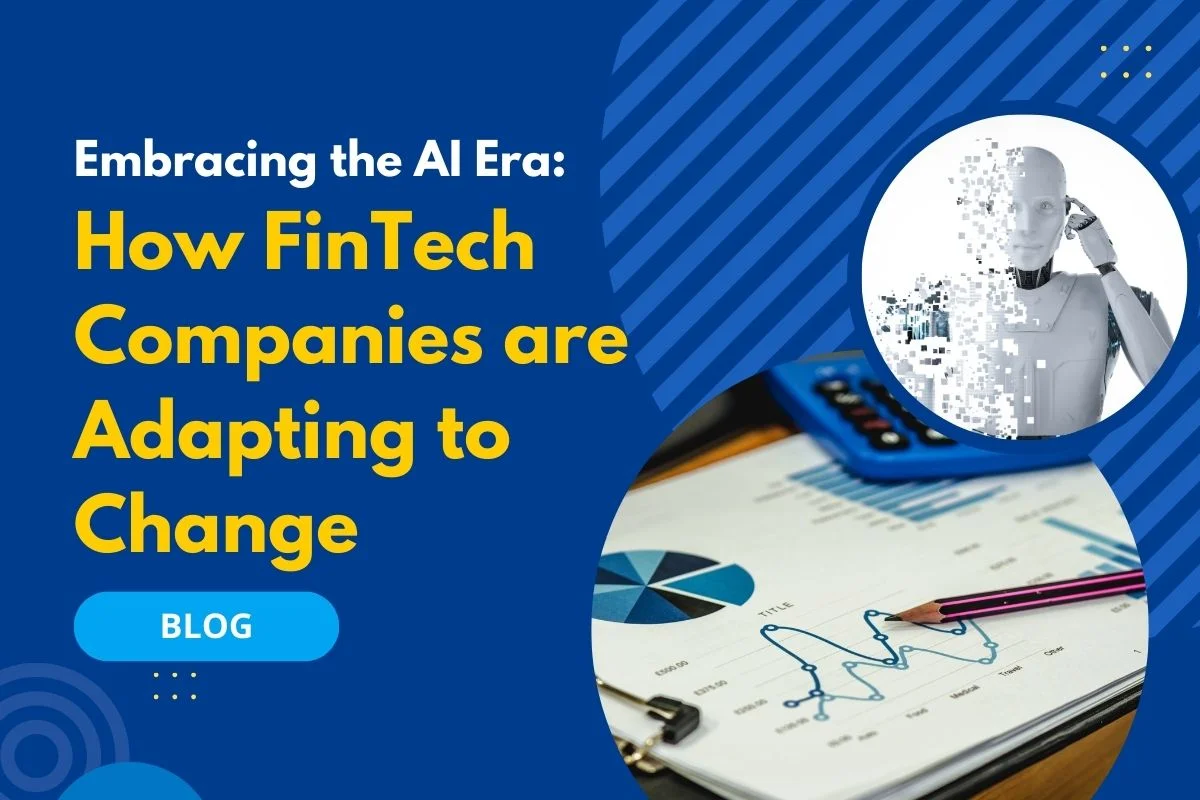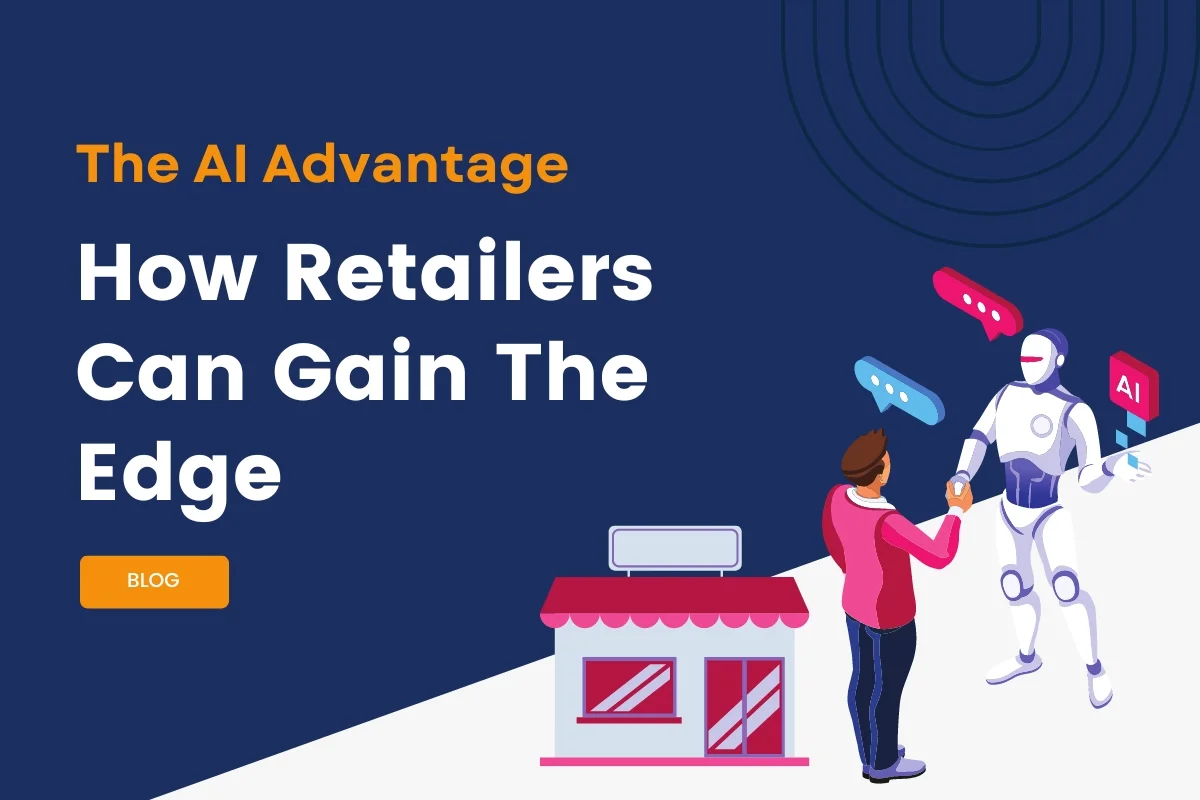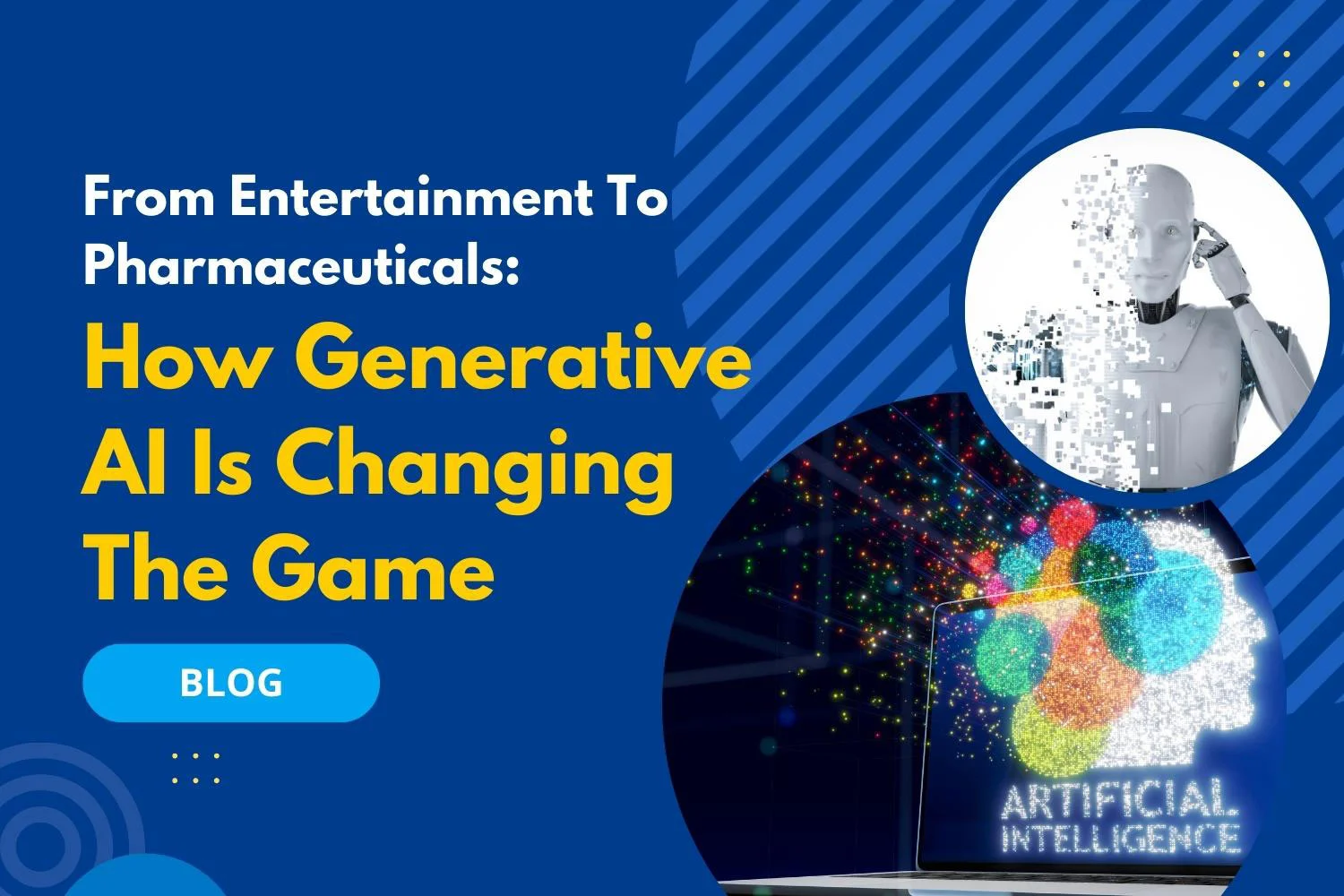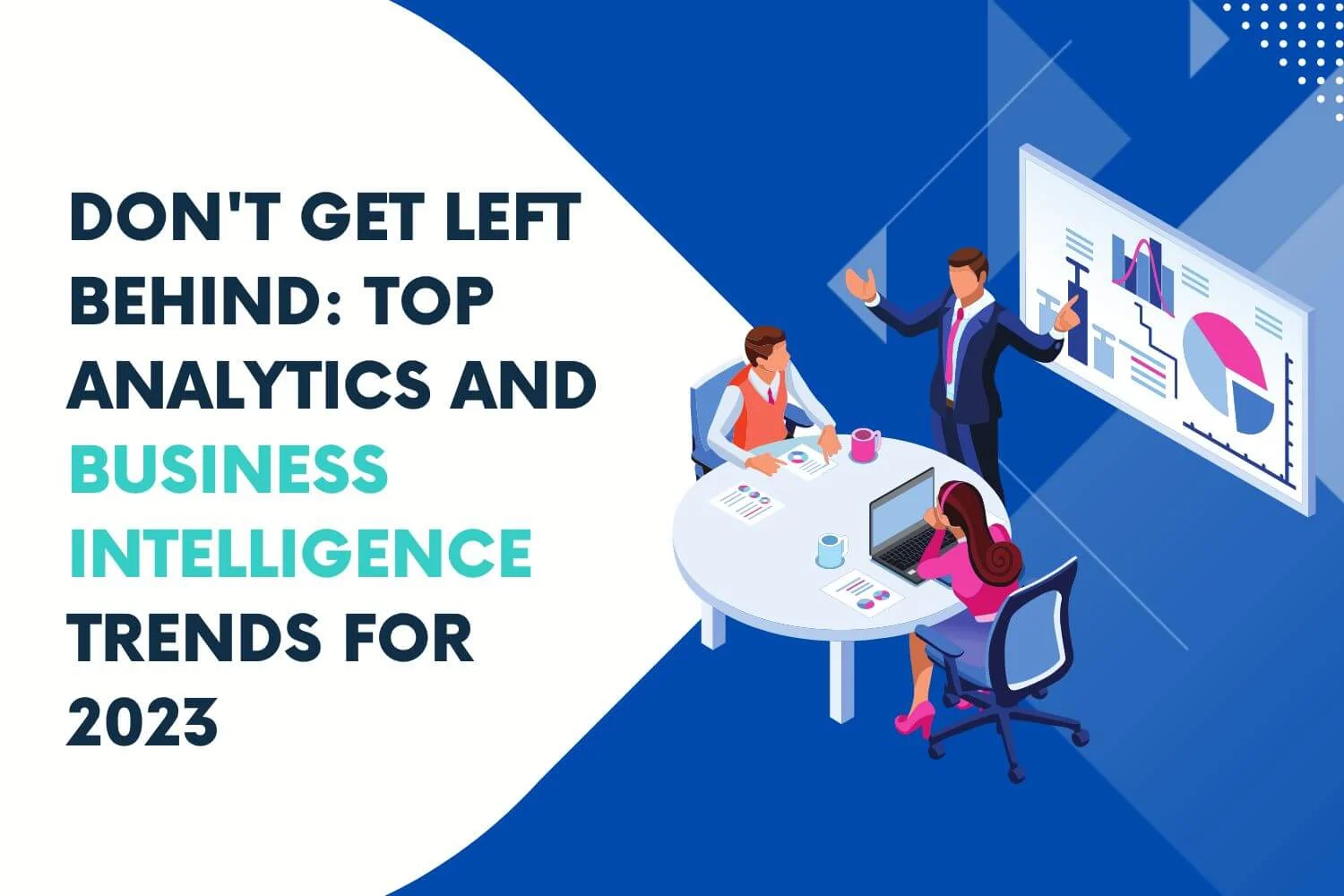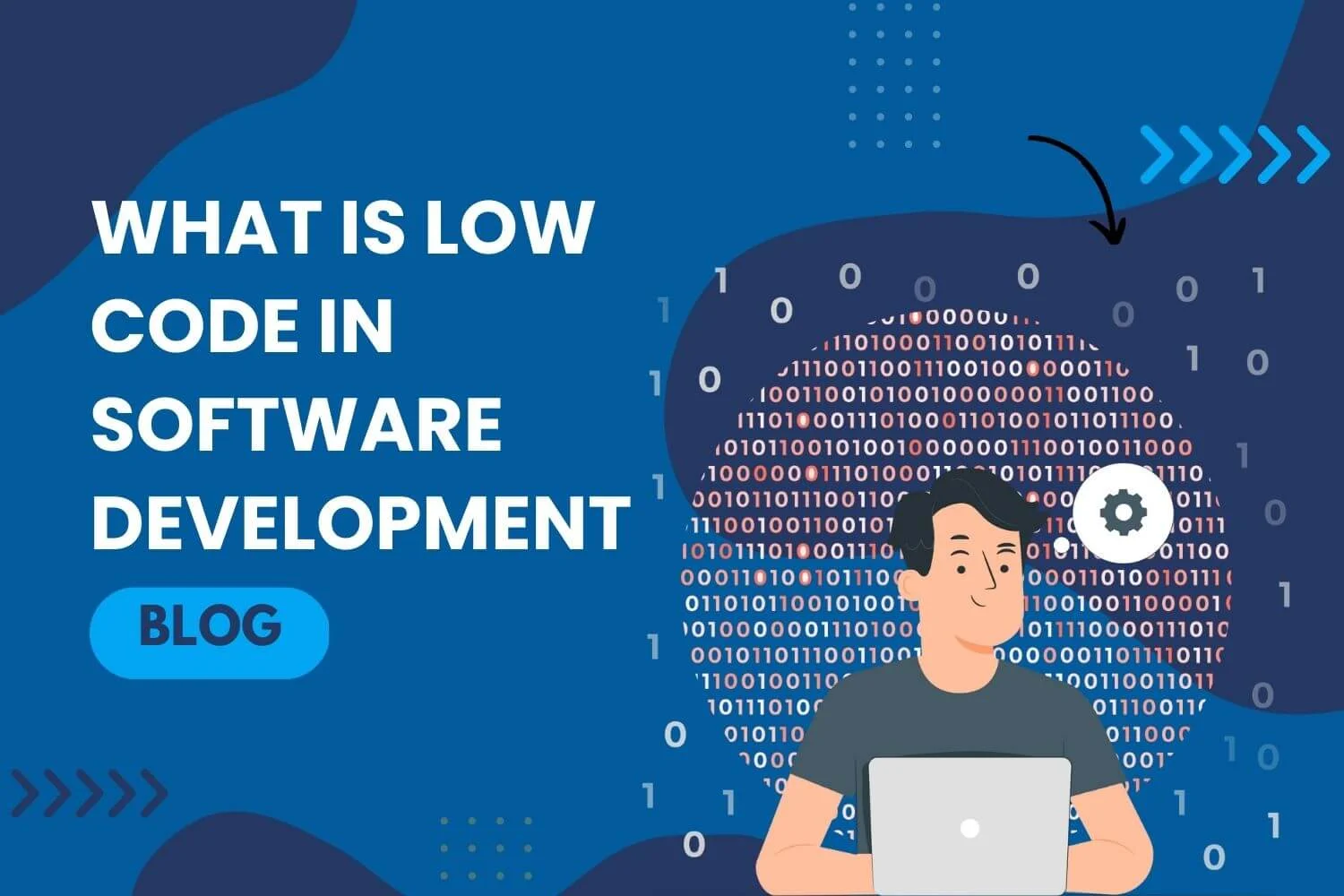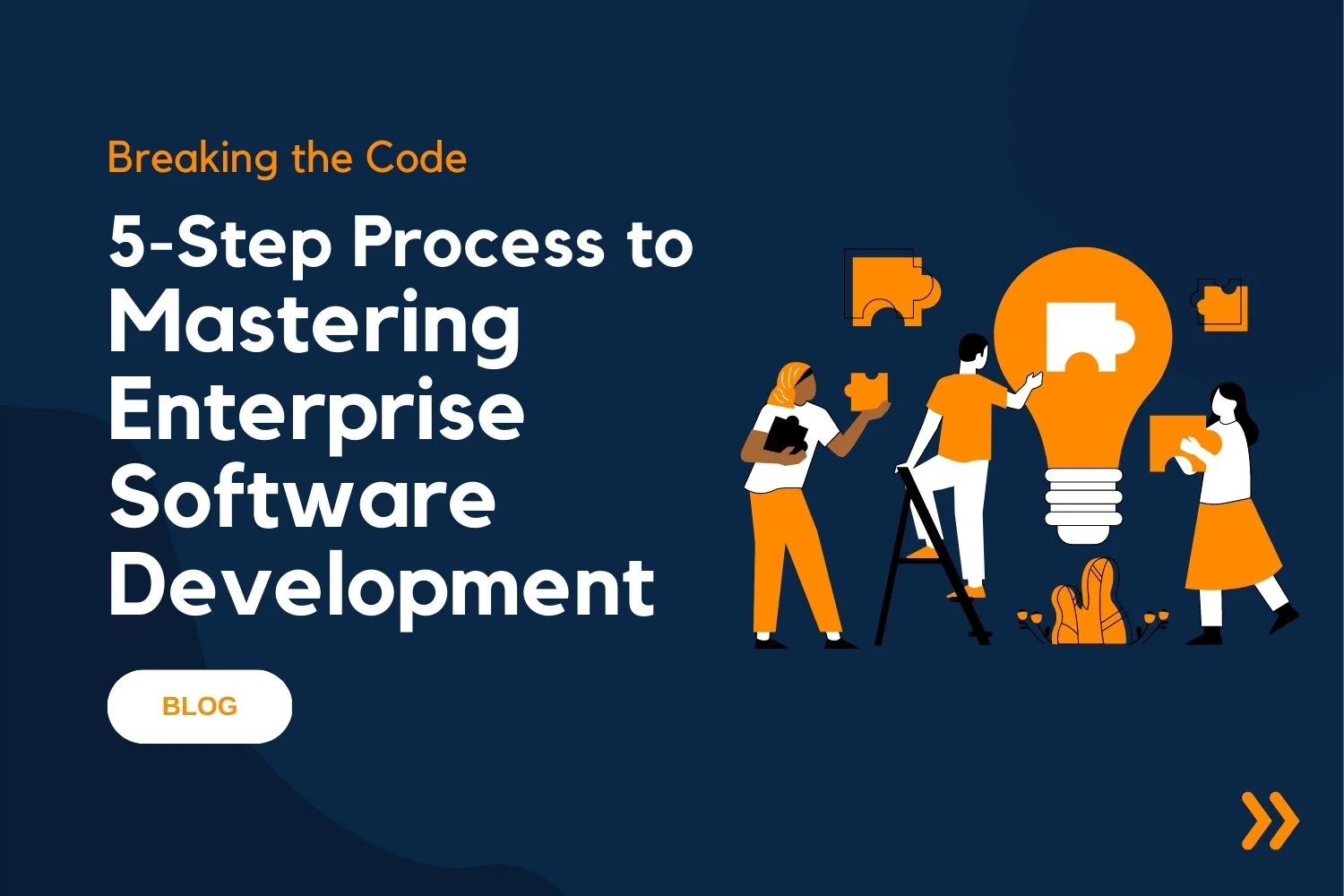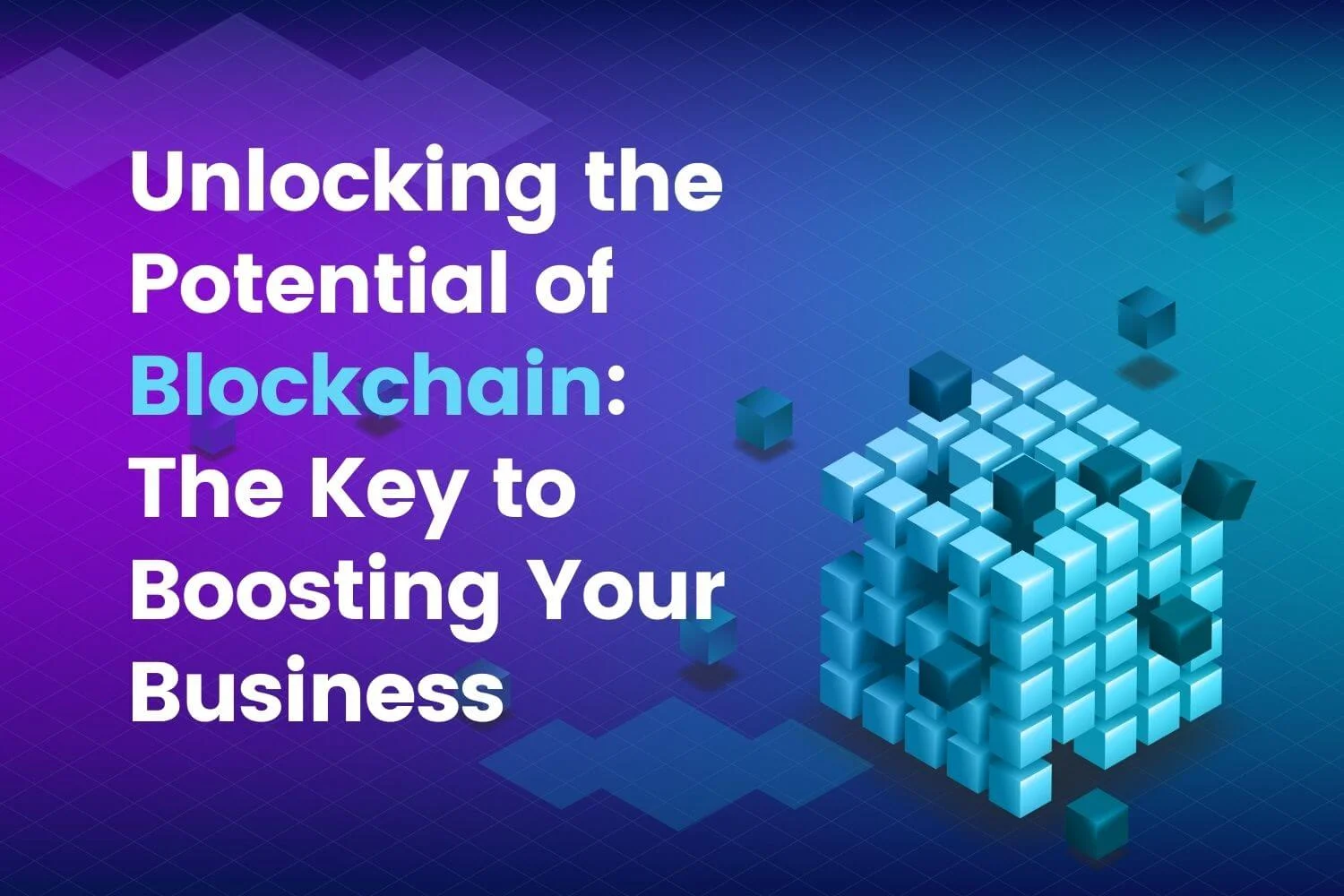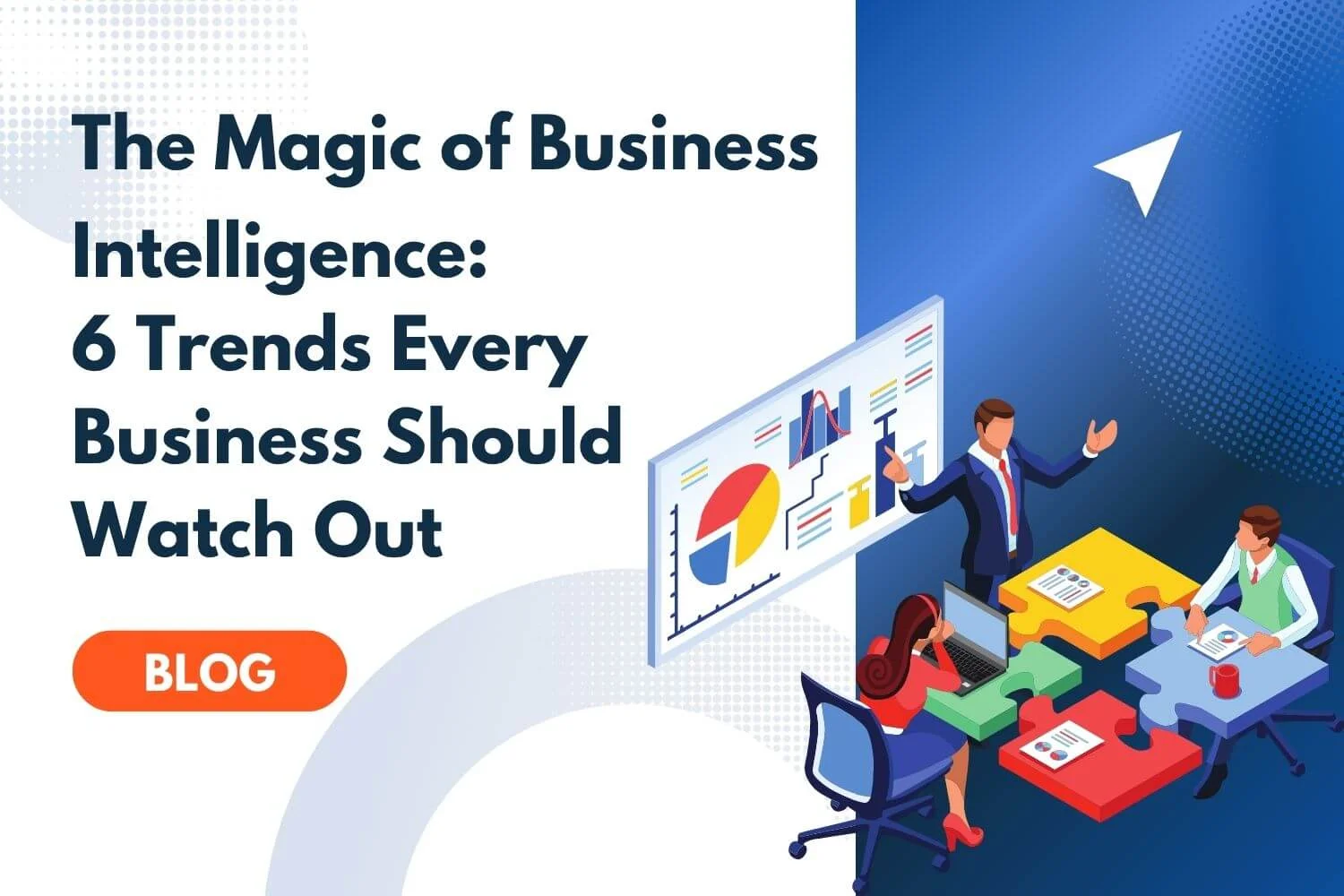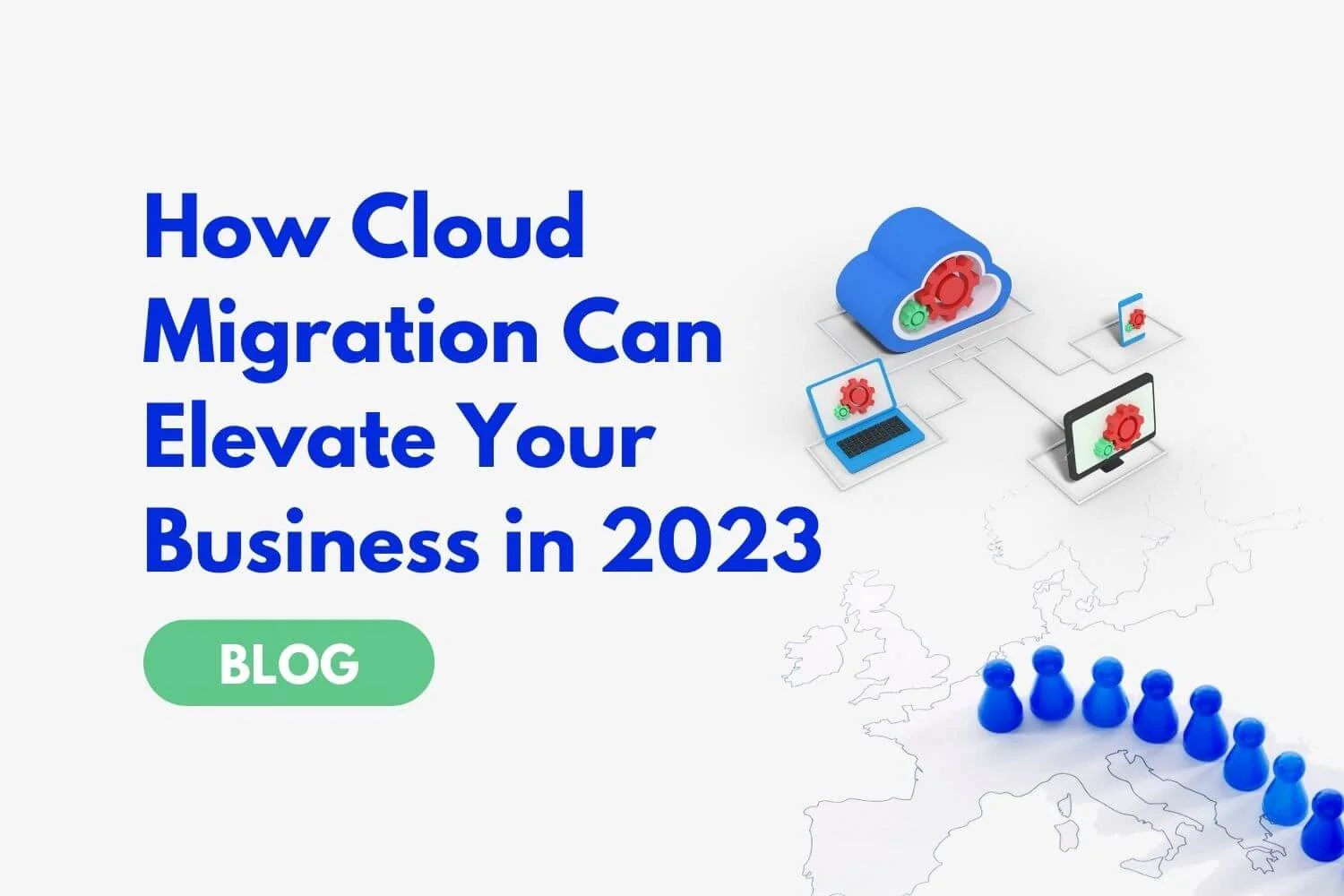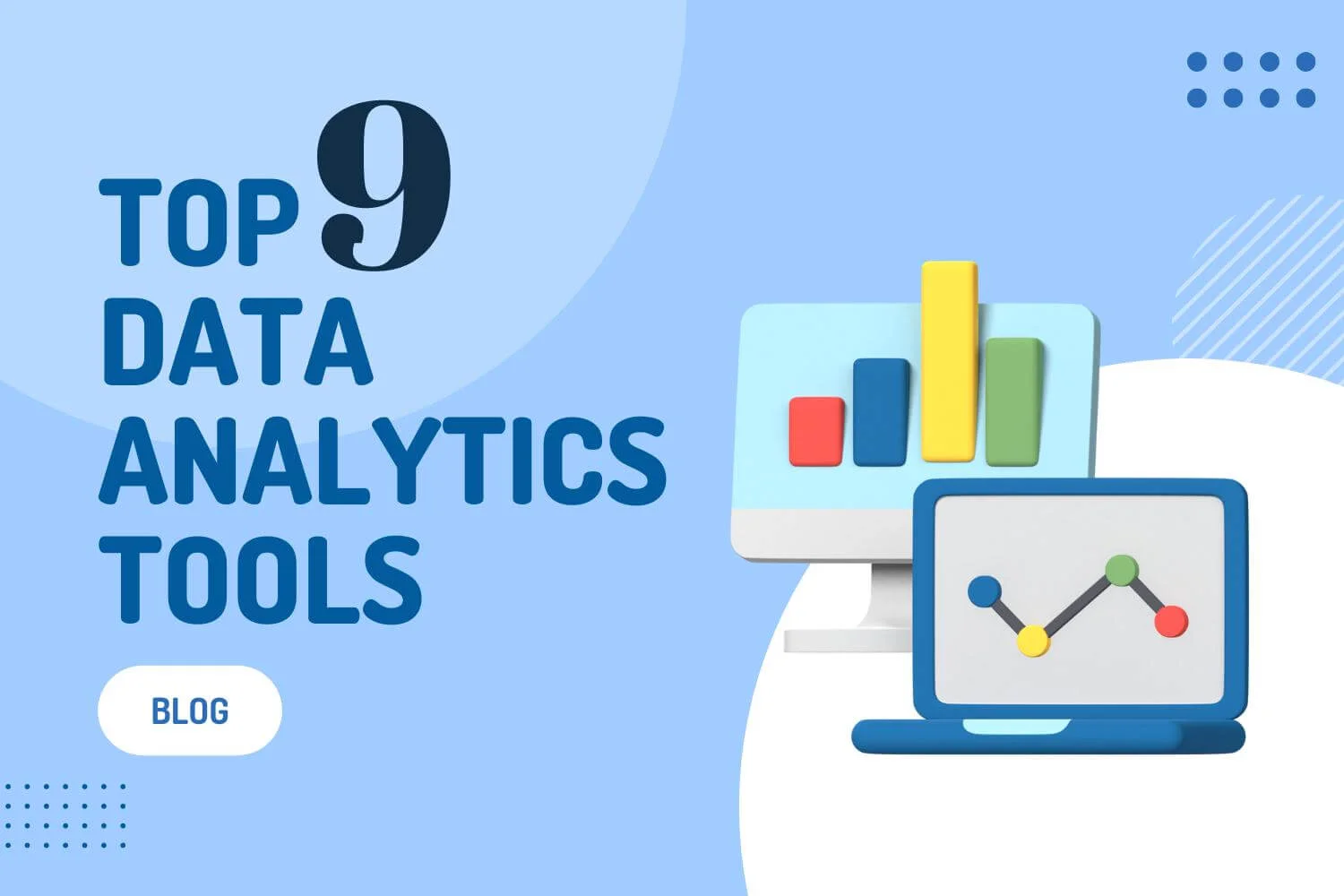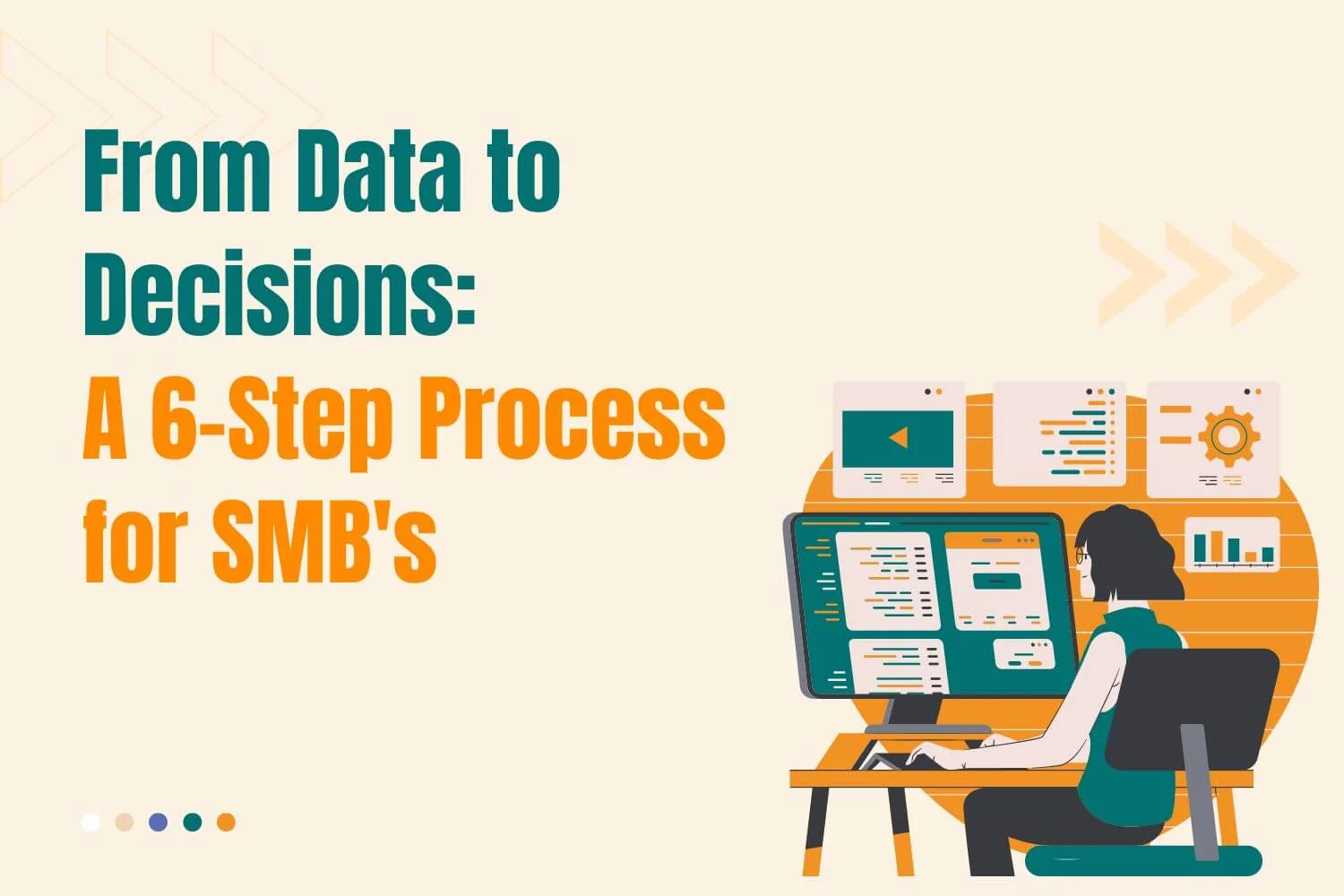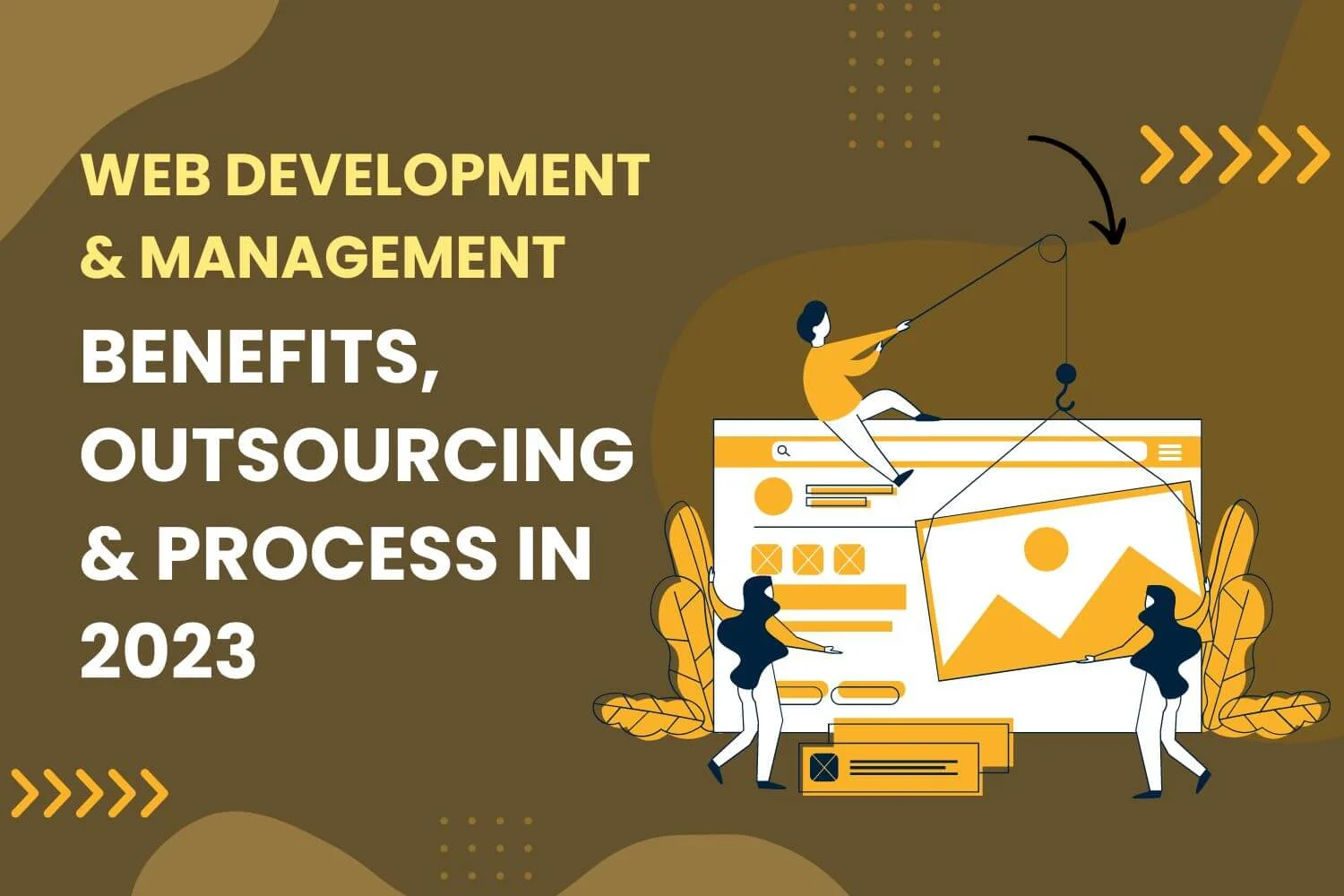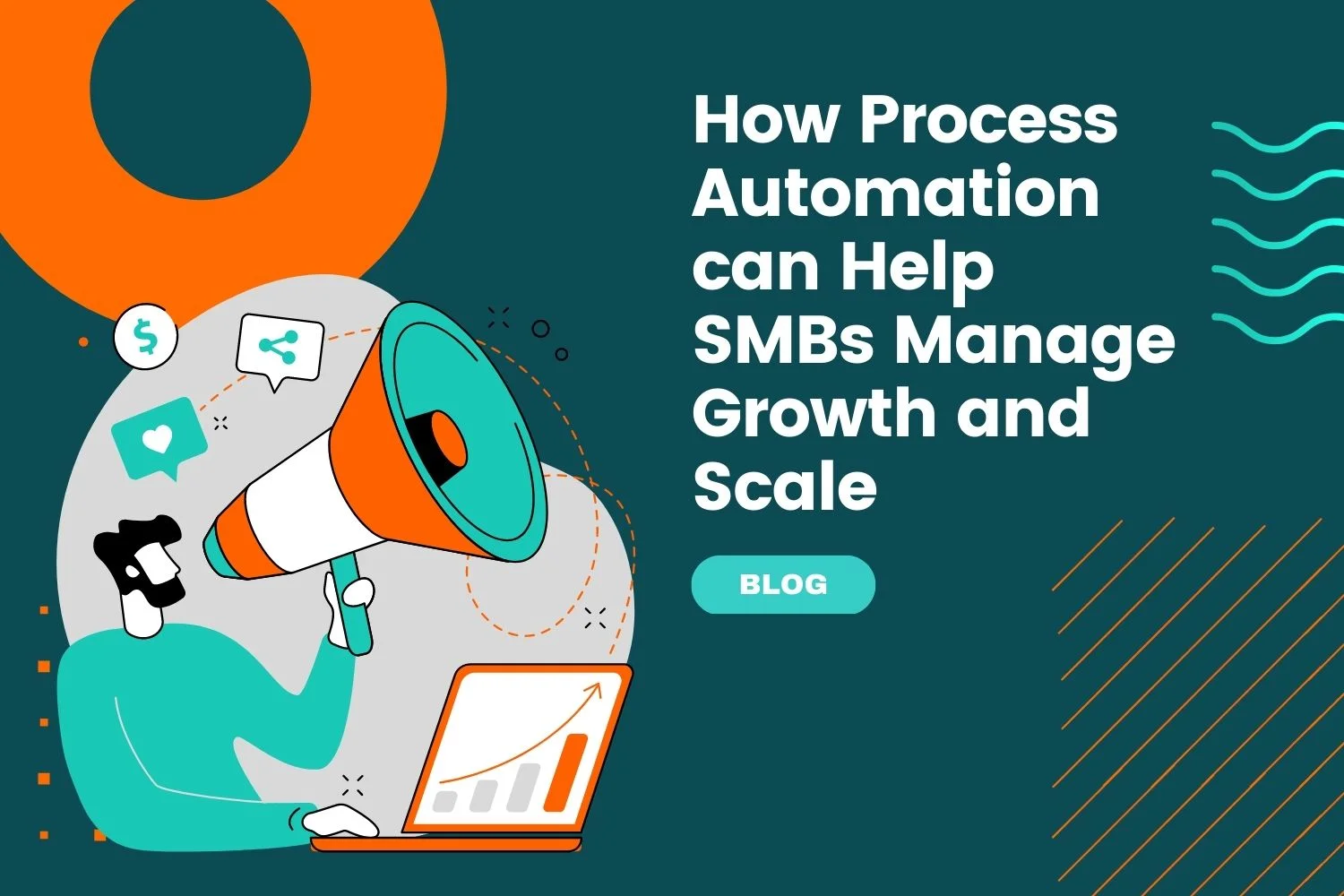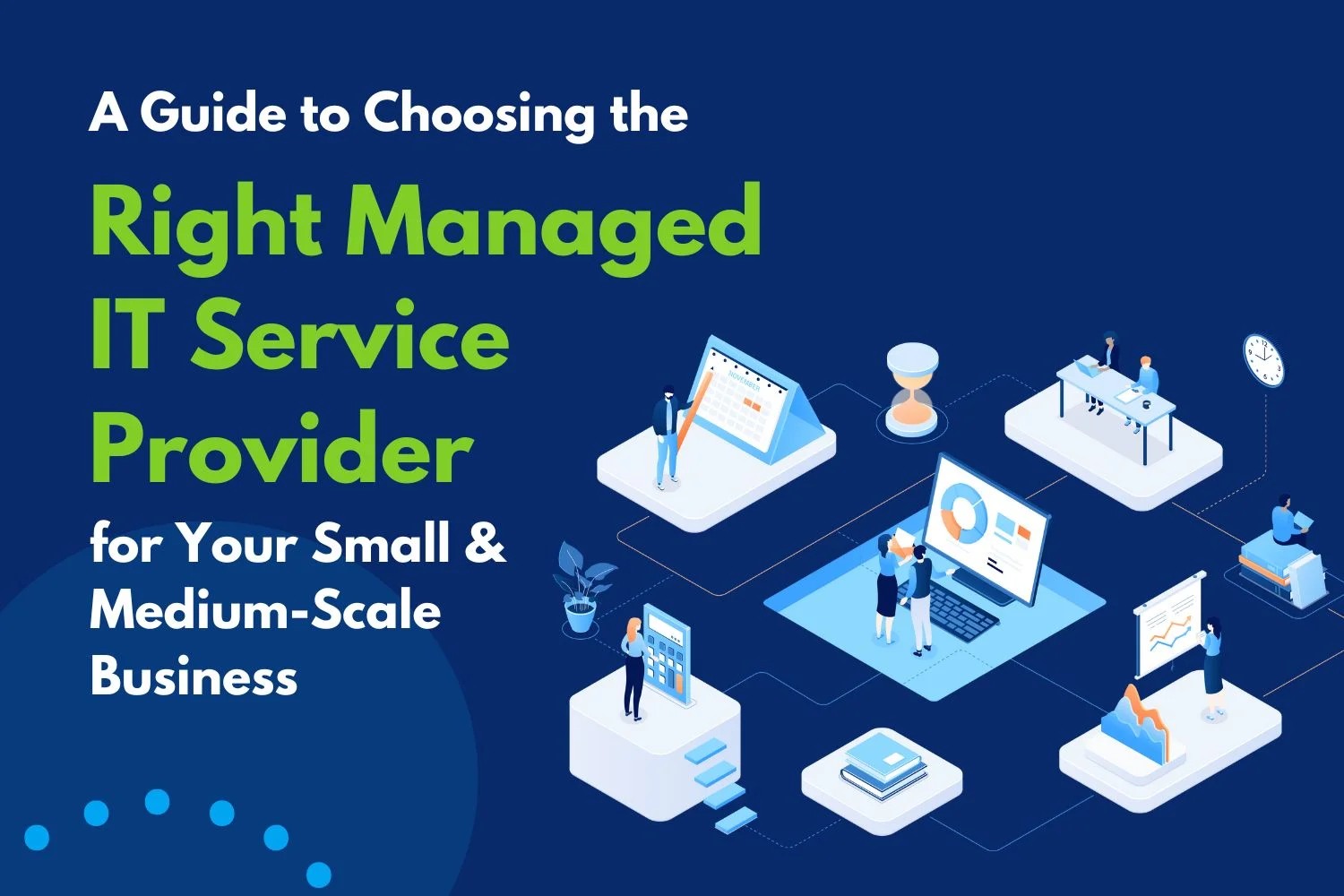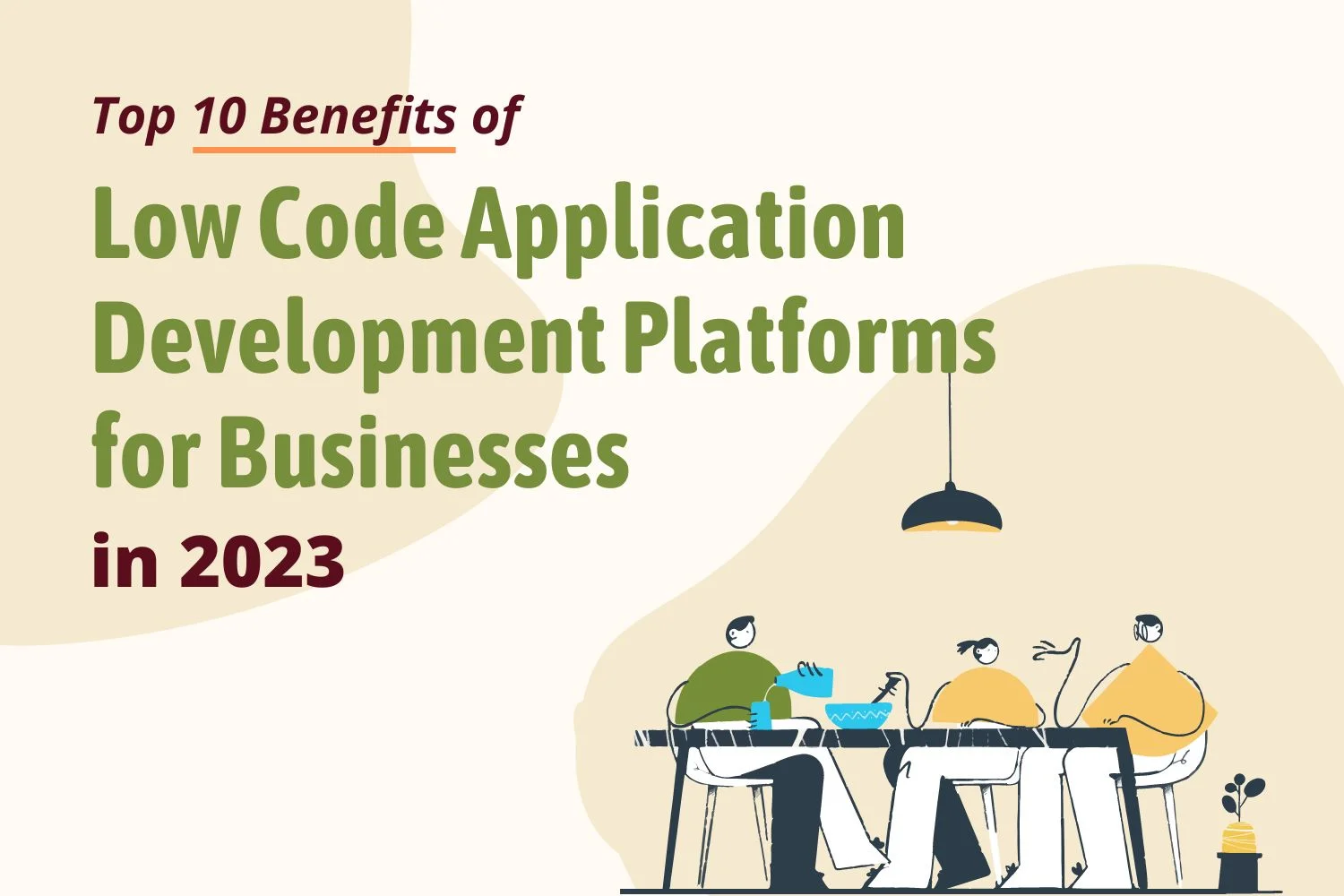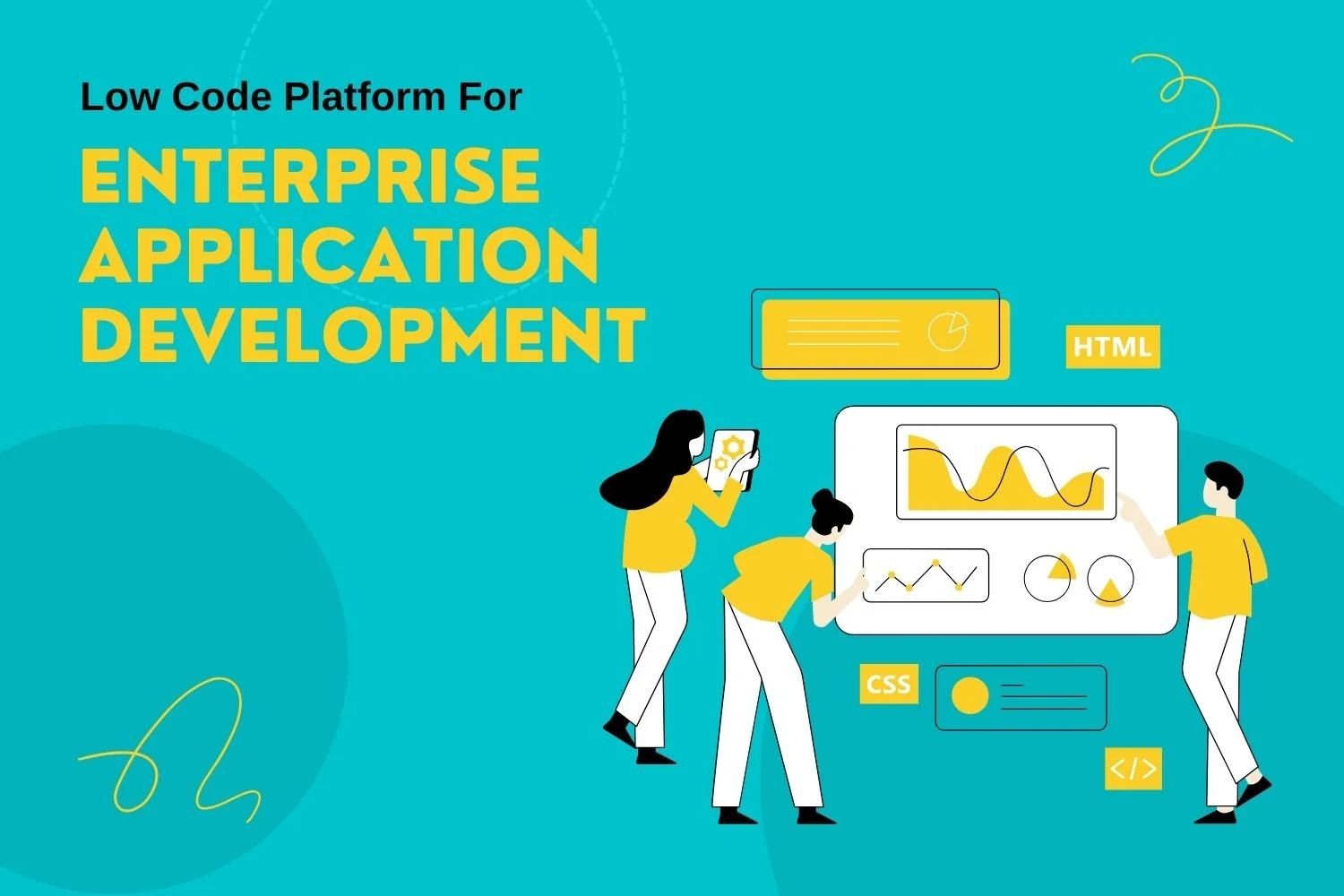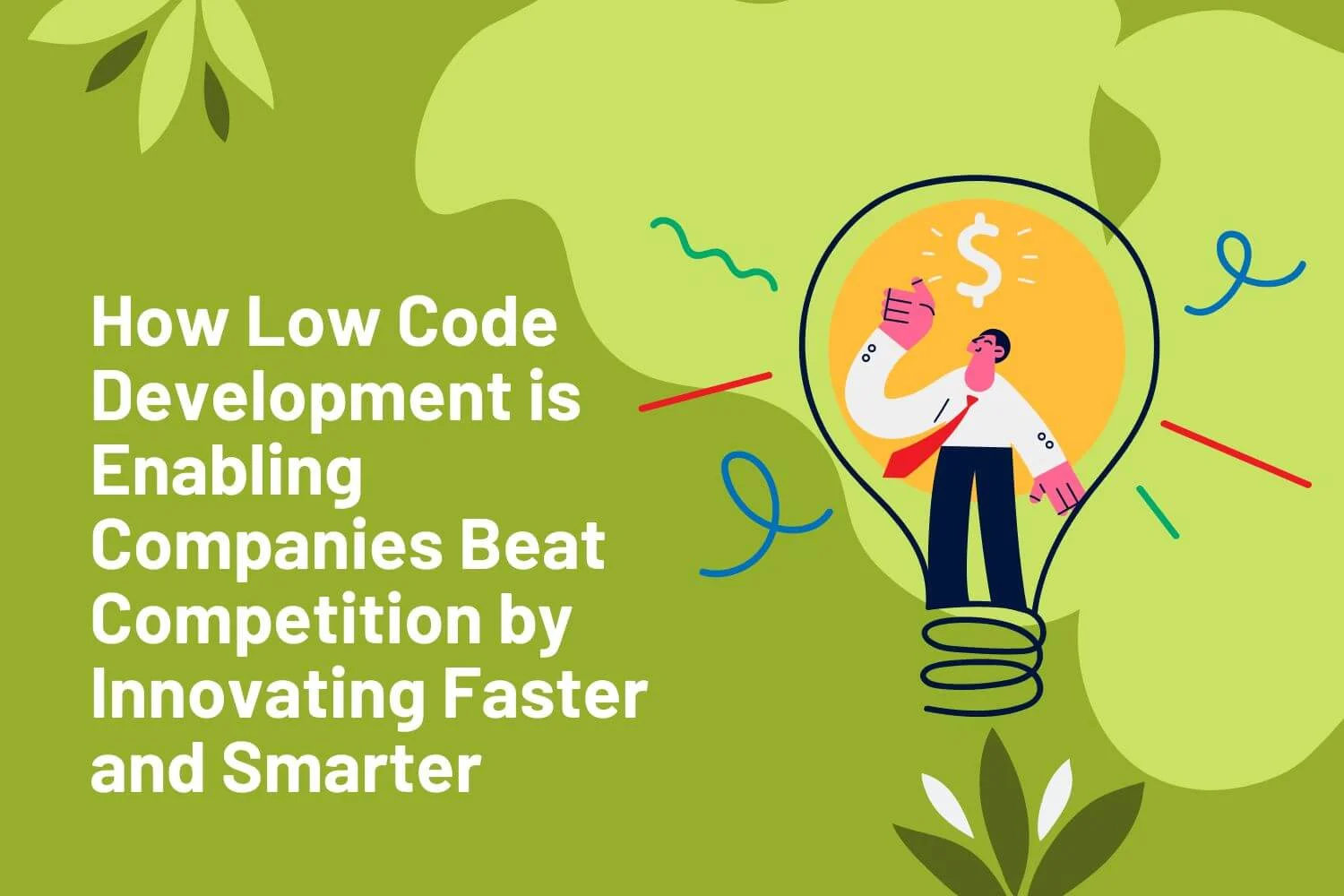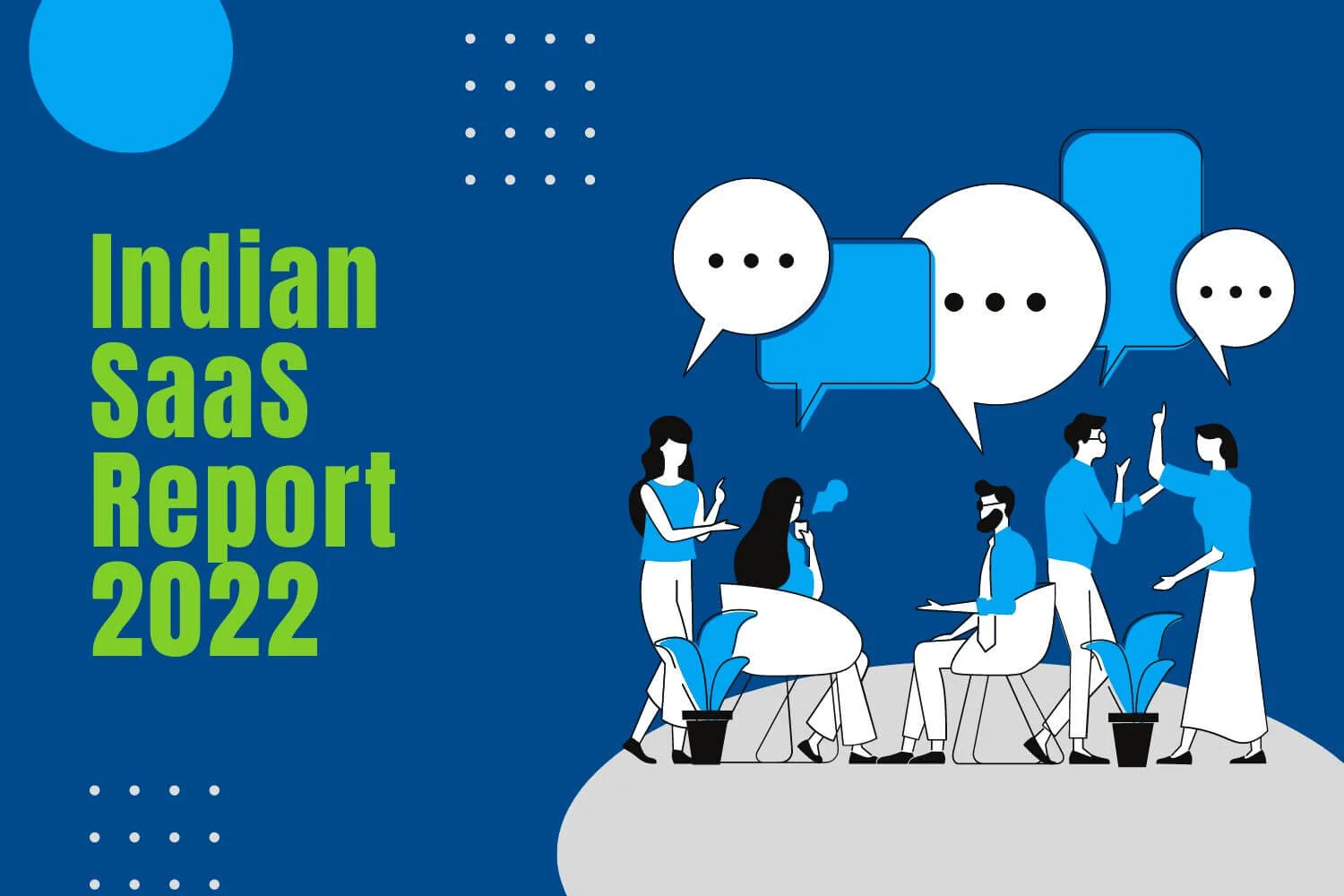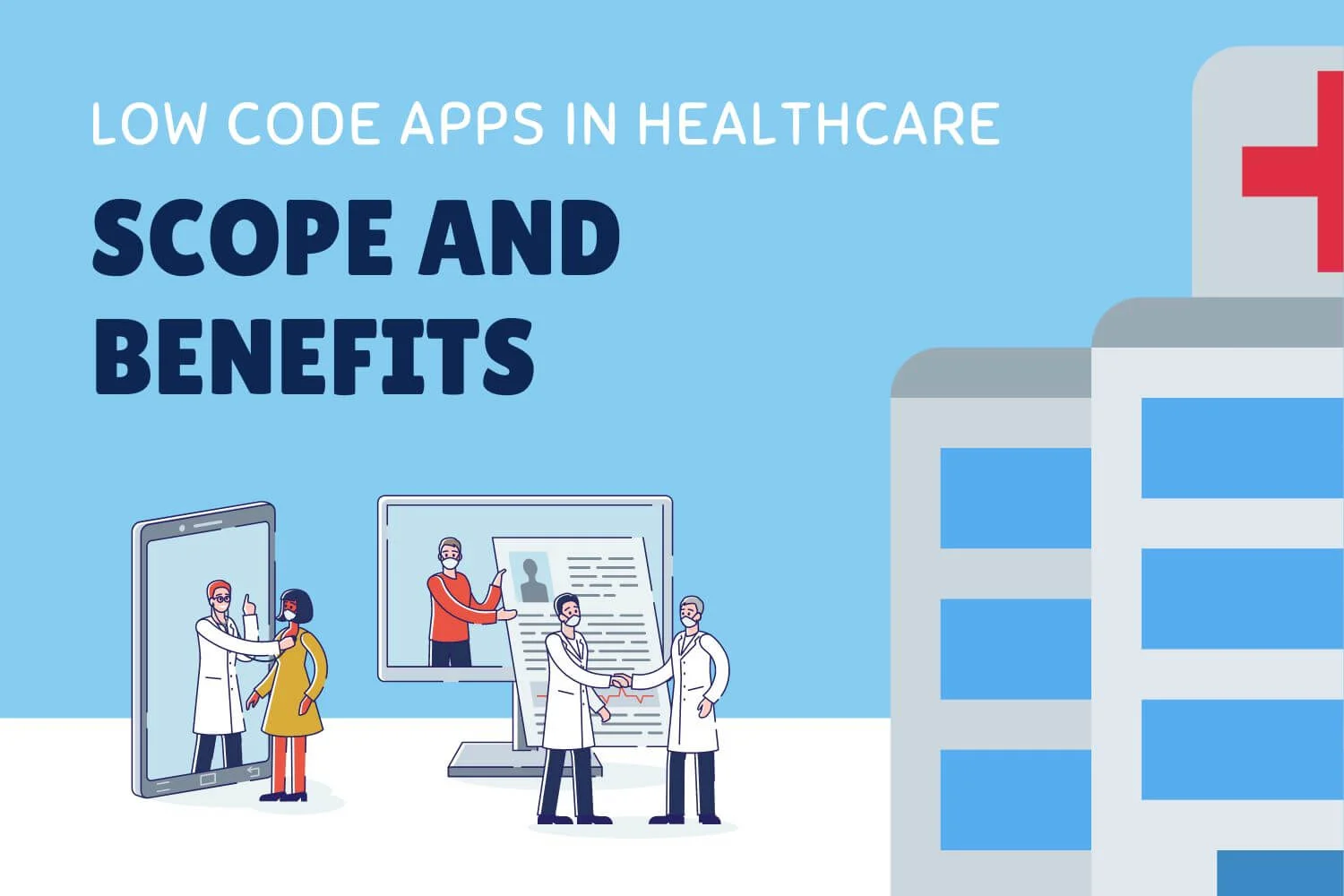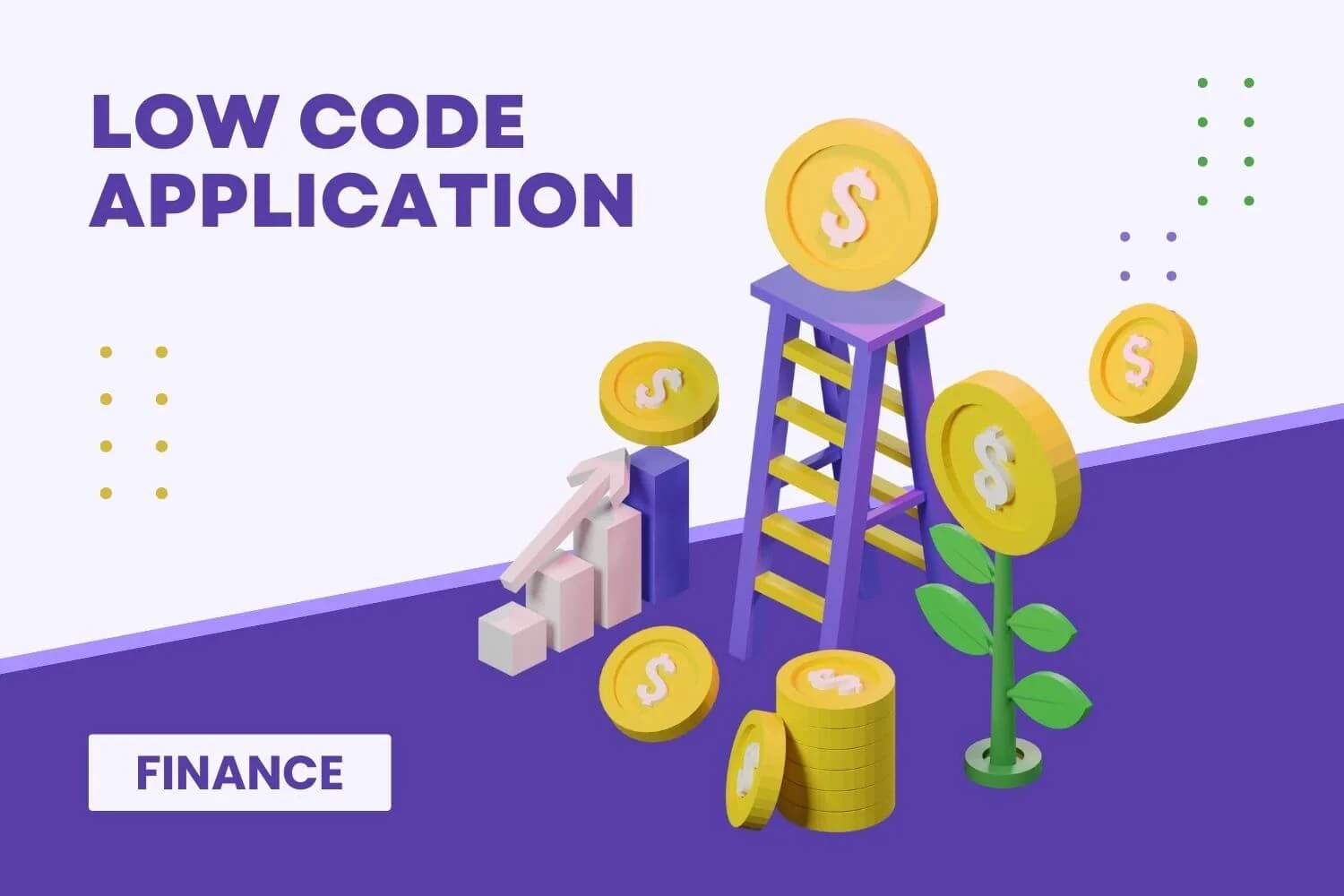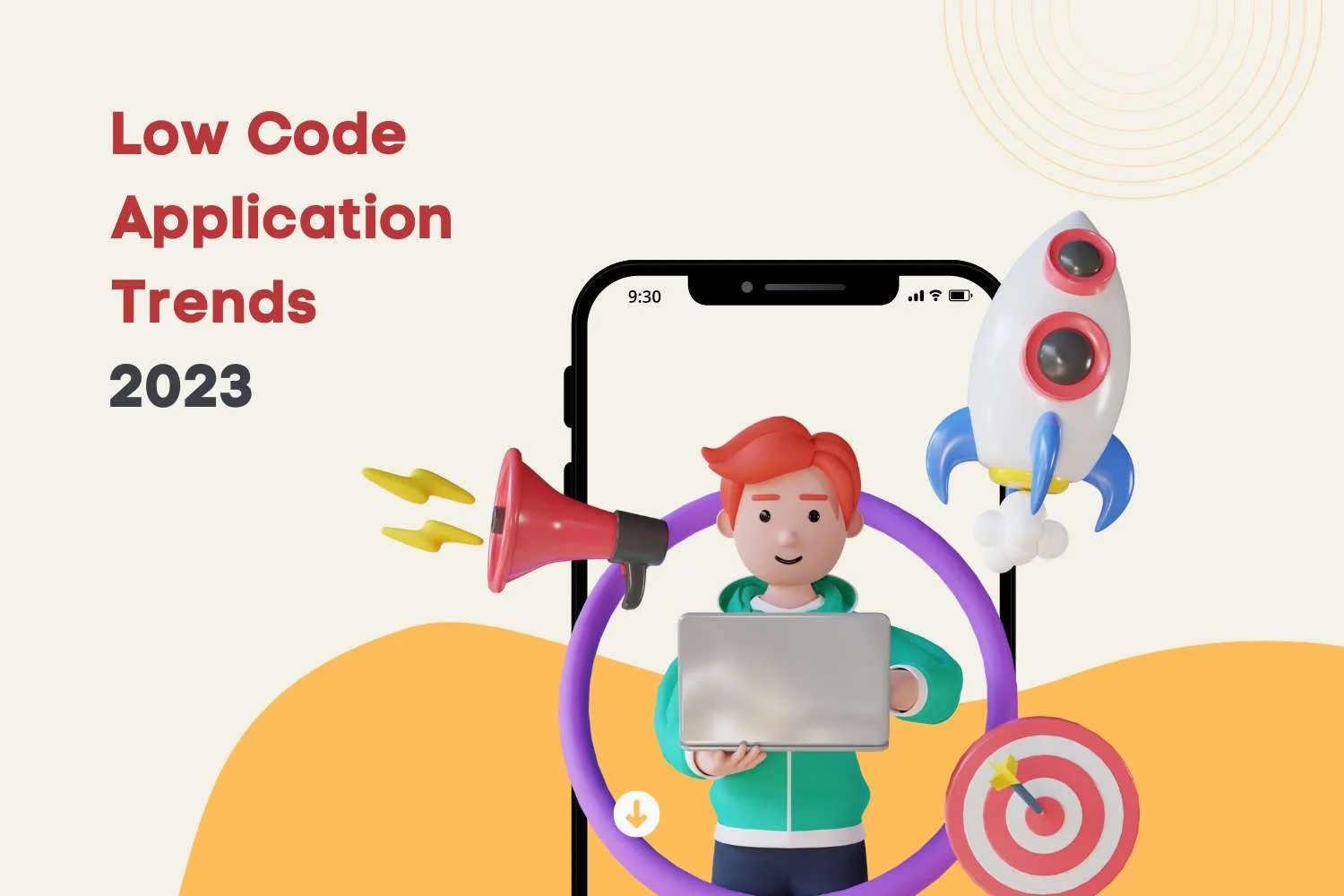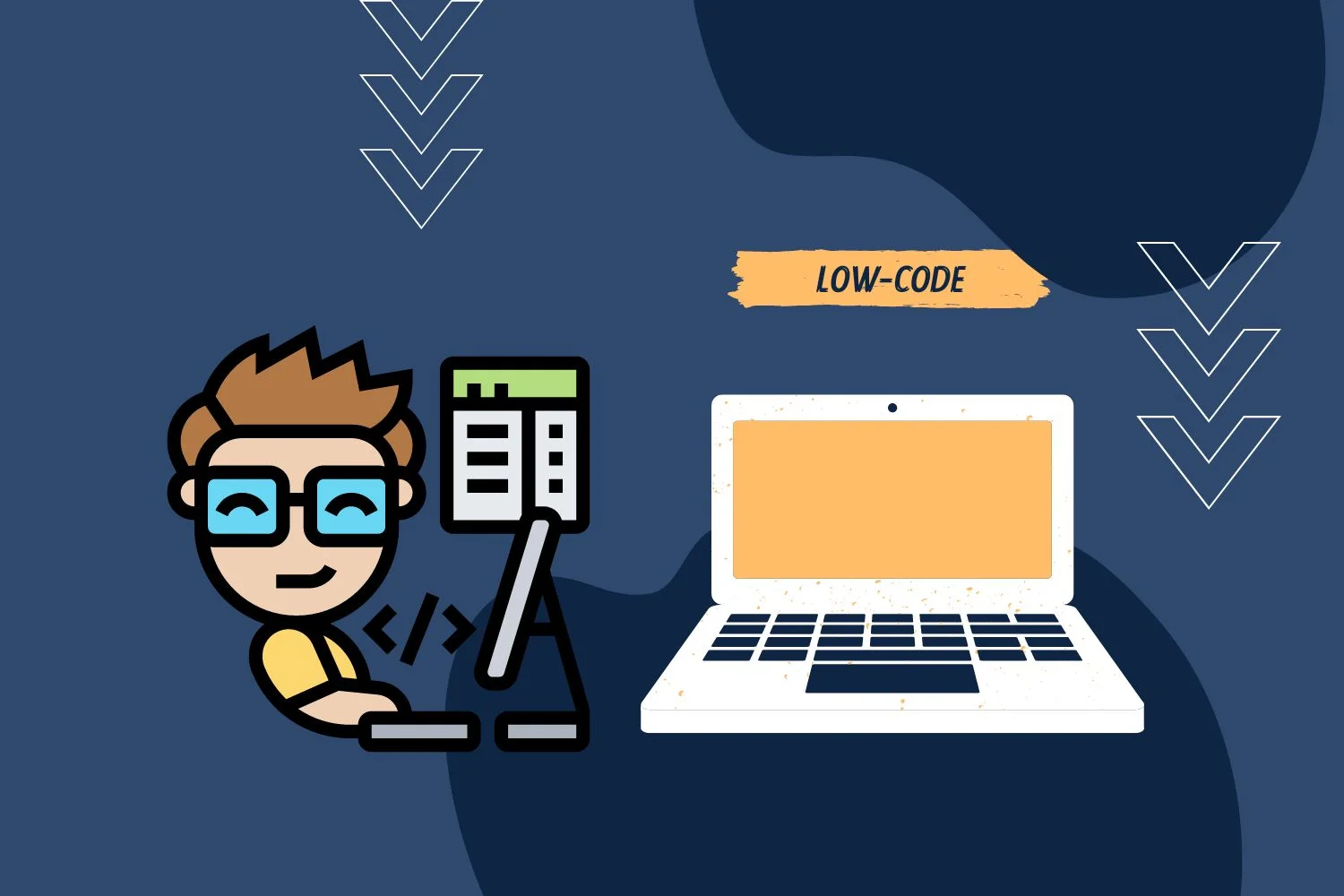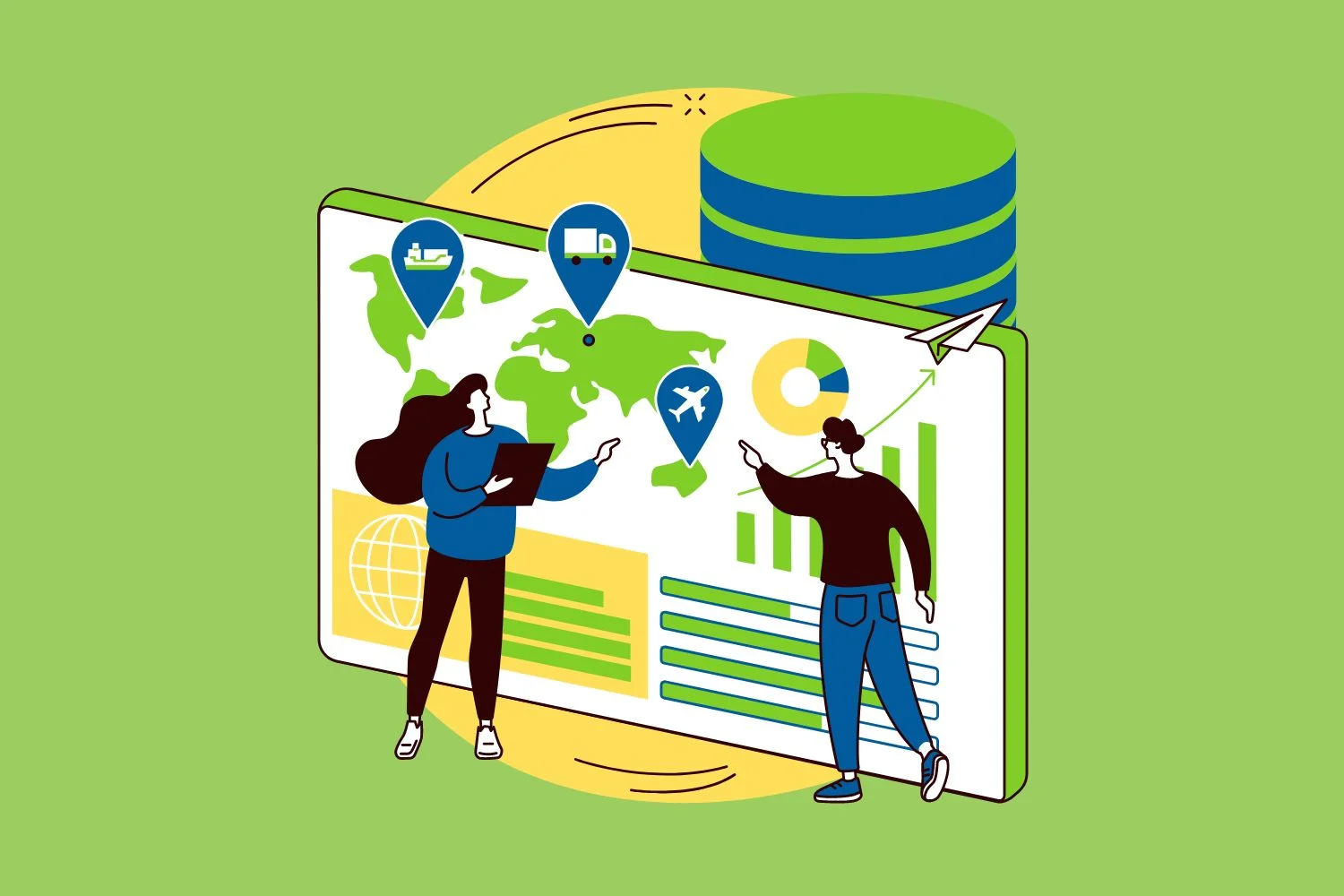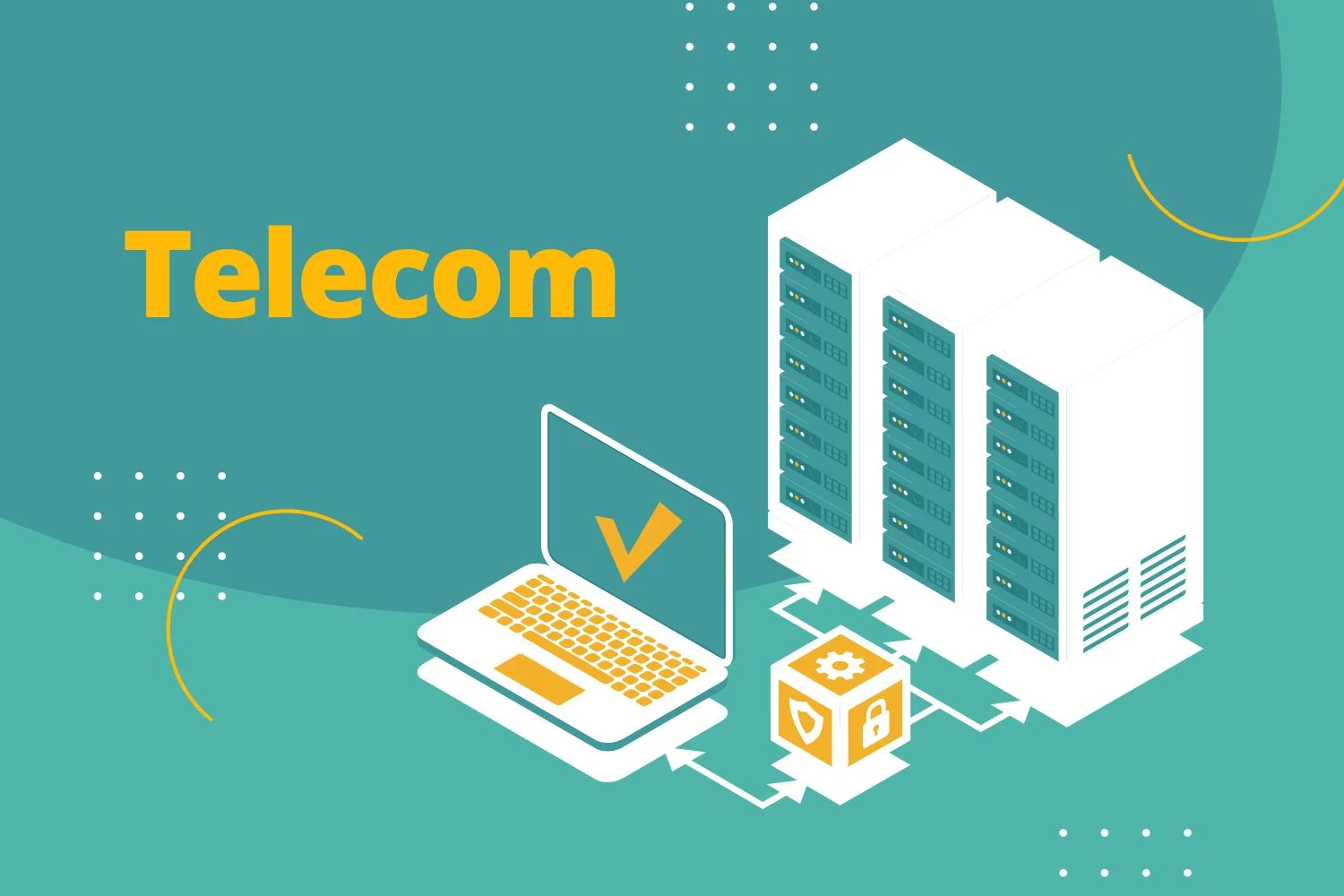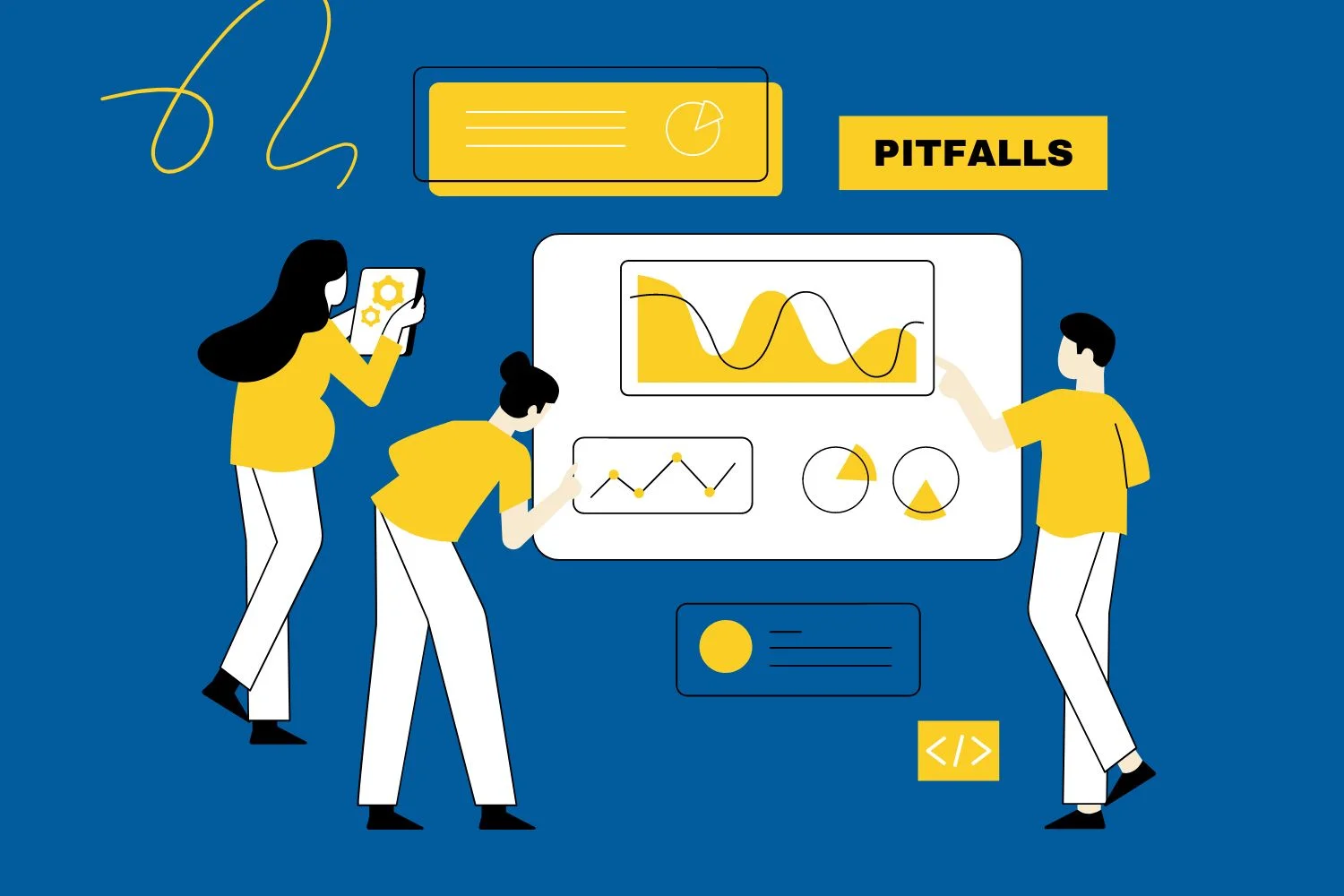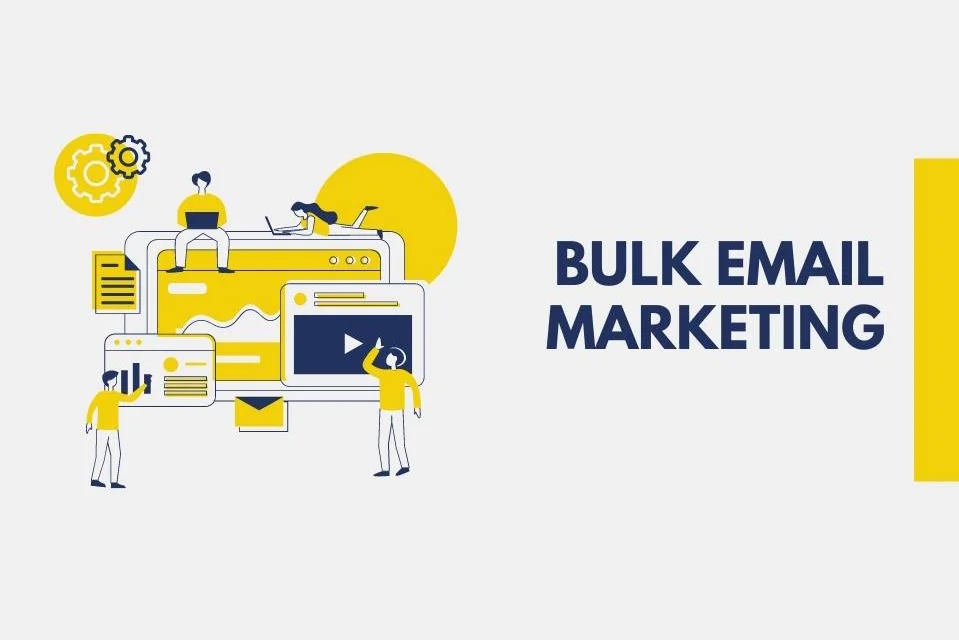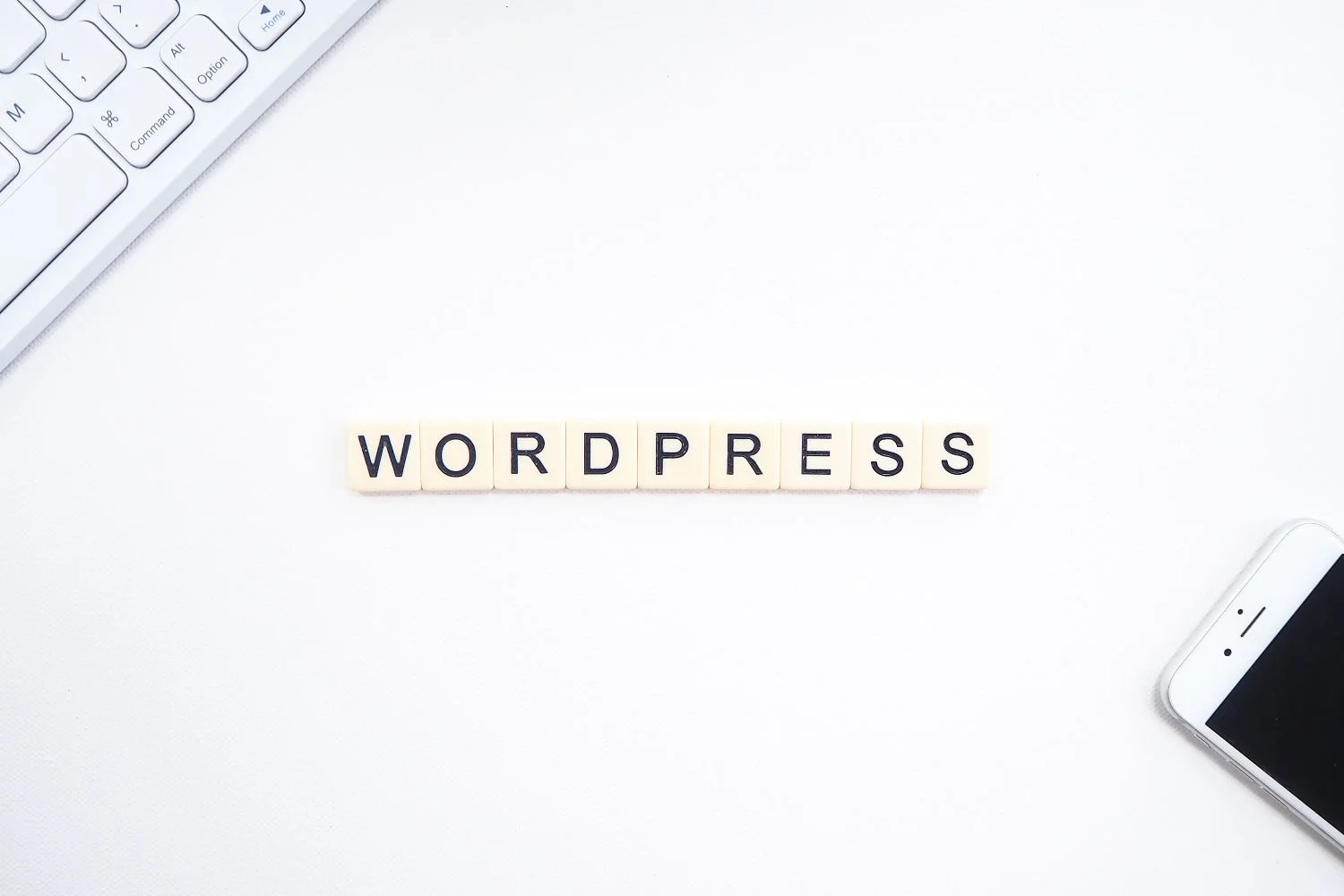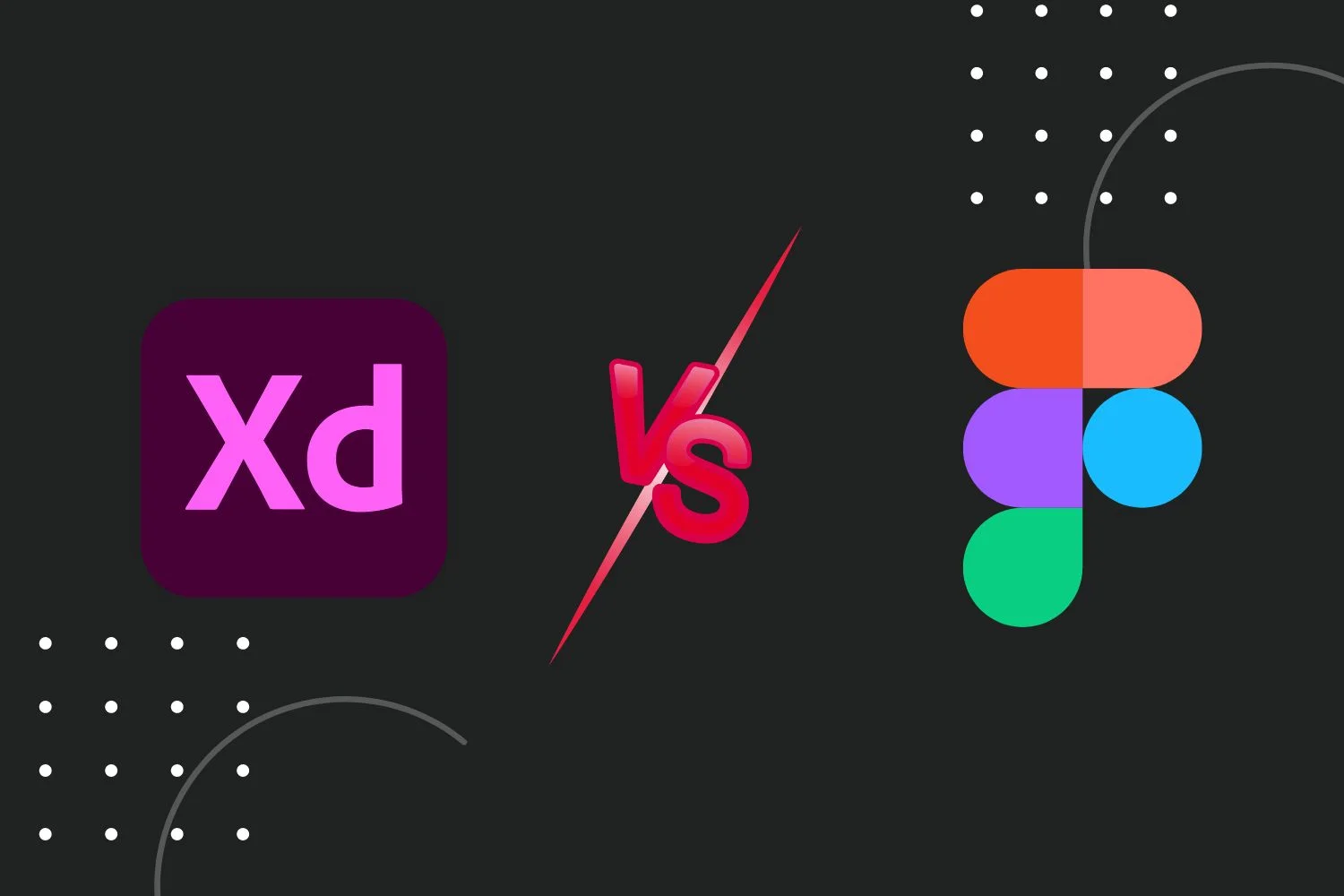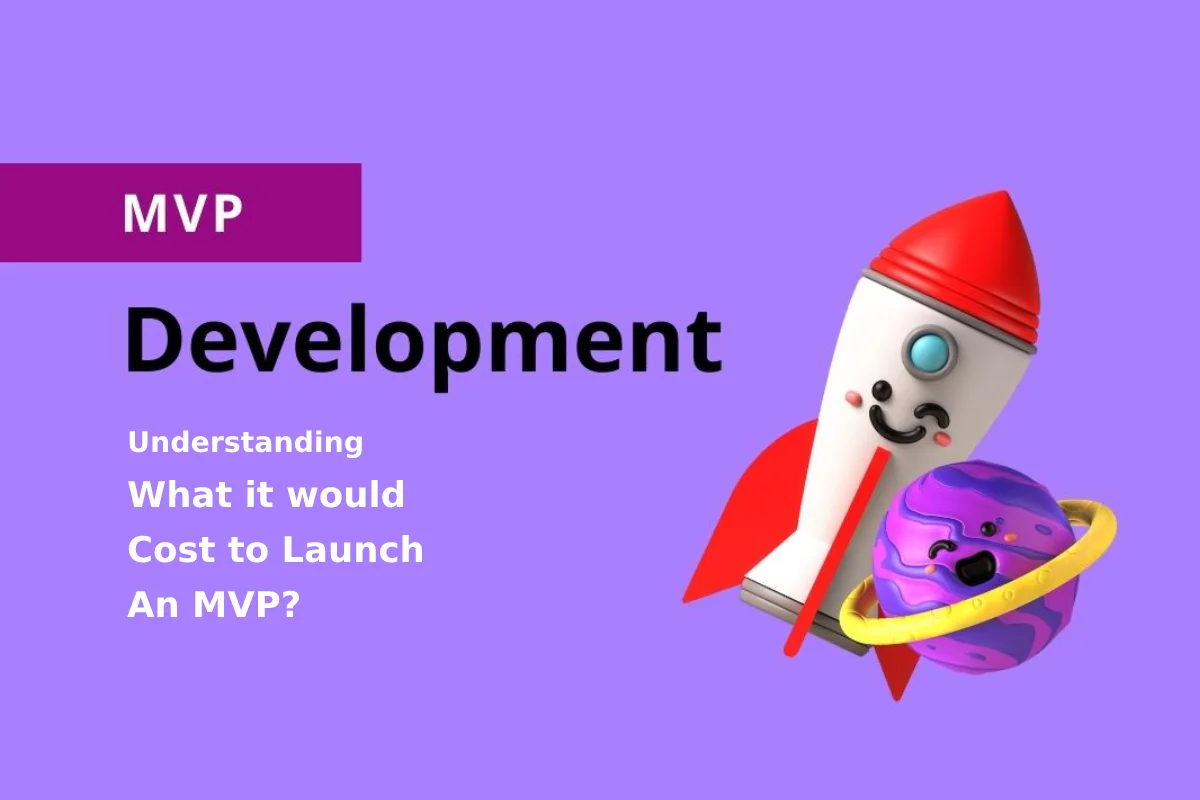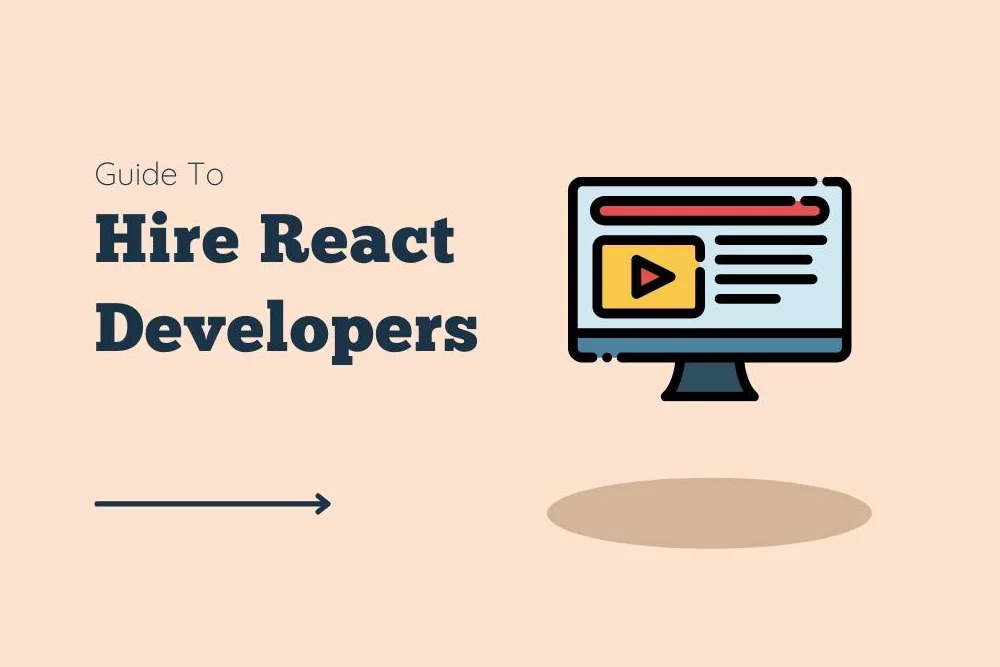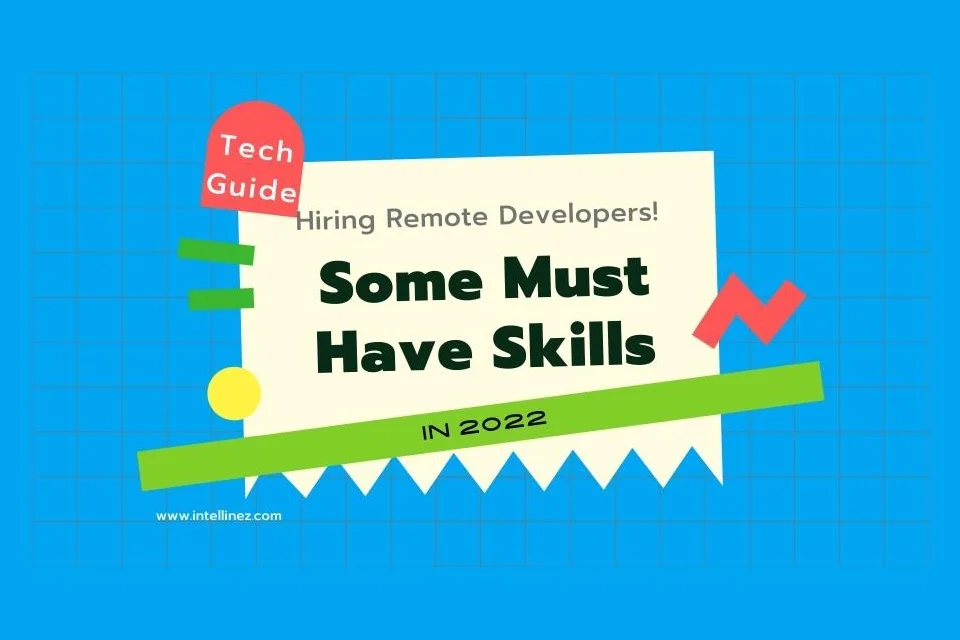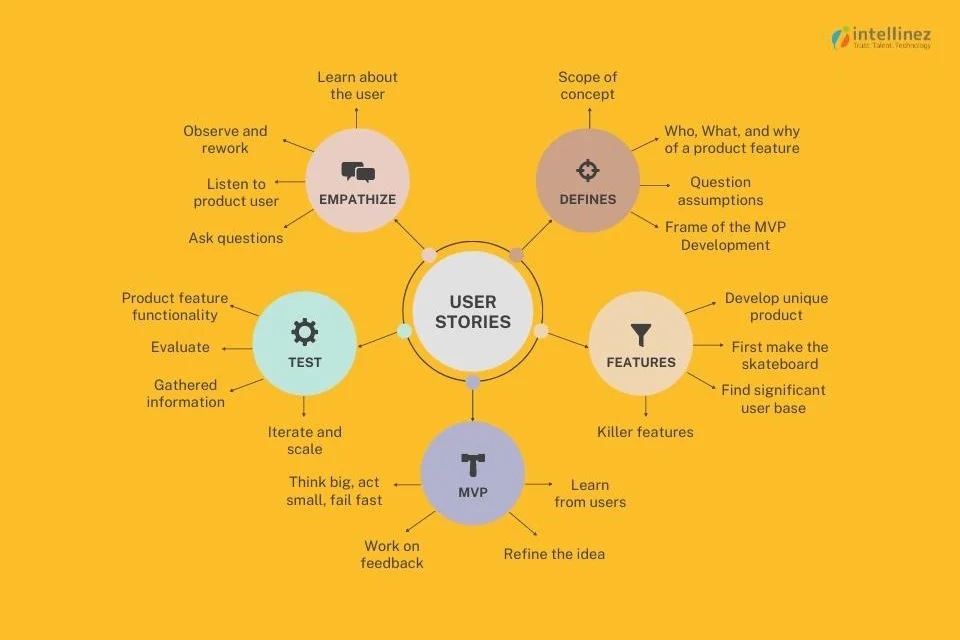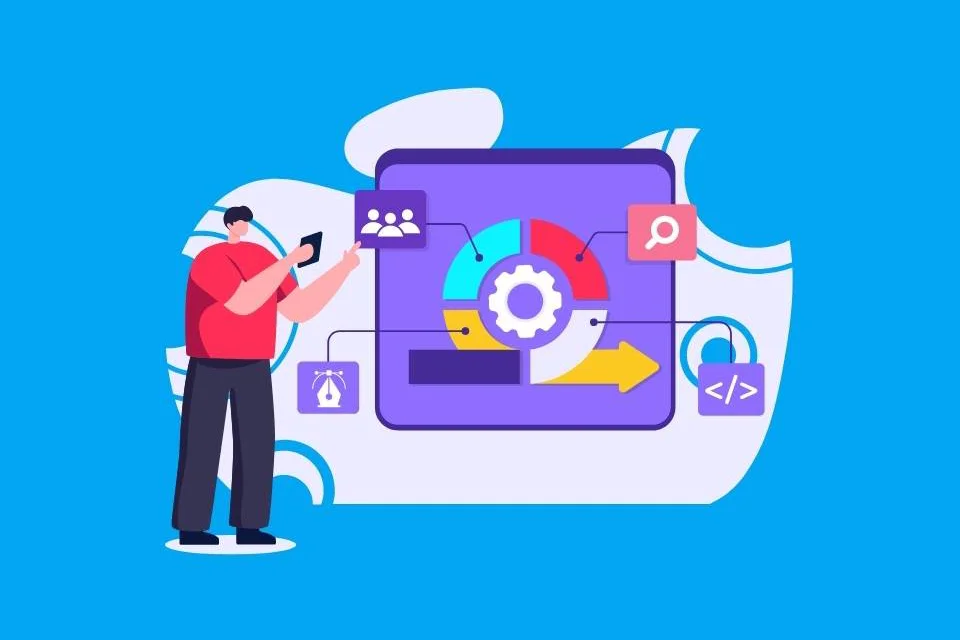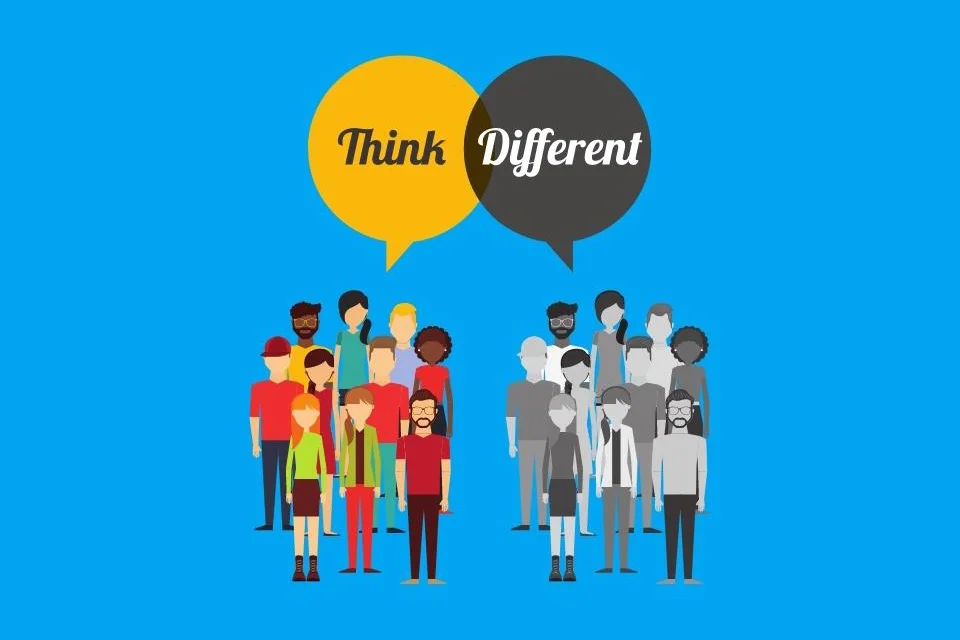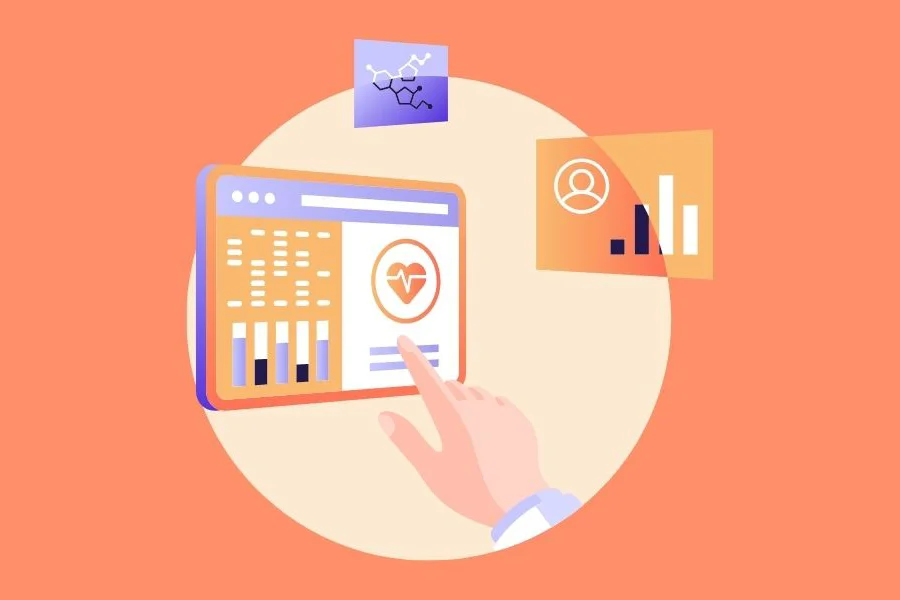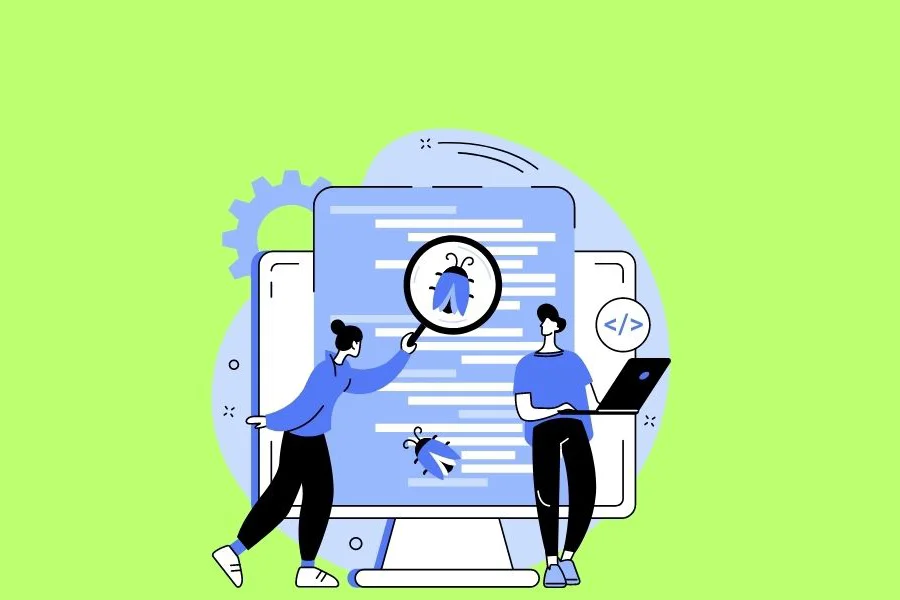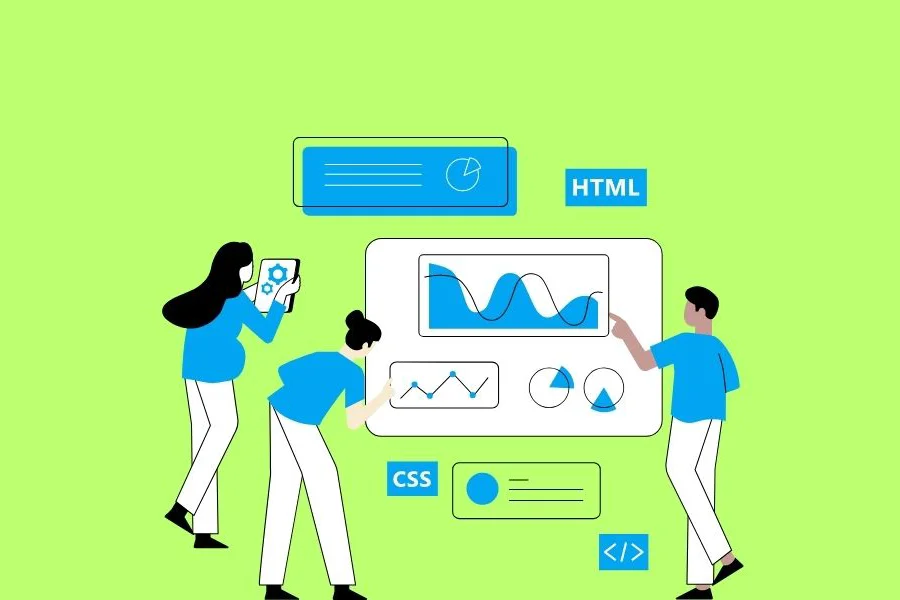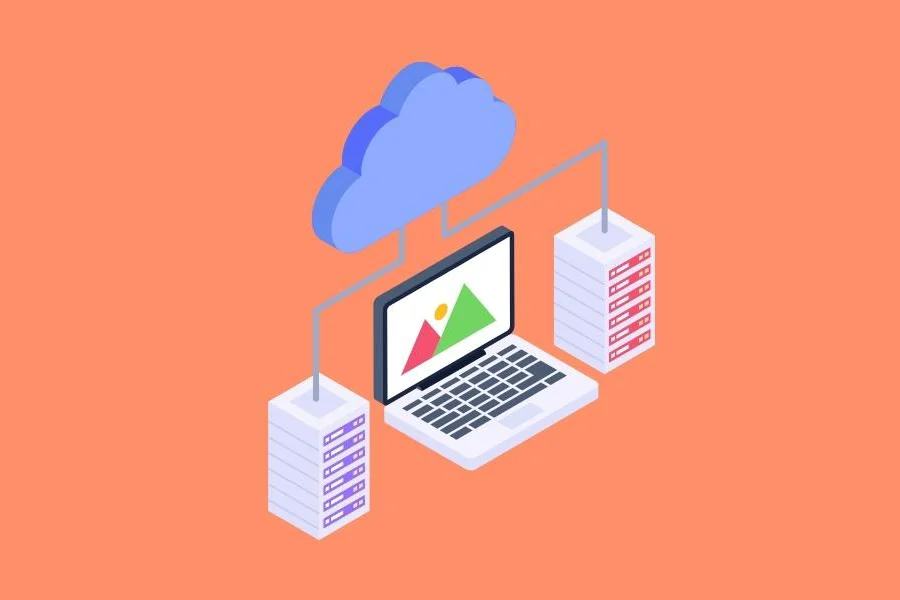Table of Contents
Generative AI is no longer a futuristic concept – it’s a driving force reshaping industries, including SaaS development. Its transformative power lies in its ability to streamline development processes, enable hyper-personalization, and create innovative features that delight users. From automating complex coding tasks to delivering intelligent insights, genAI is rewriting the rules of what’s possible in software-as-a-service solutions.
As per Statista, the global generative AI market will cross $36 billion in 2024 and will bludgeon to more than $356 billion by 2030 at a CAGR of over 46%. This meteoric rise underscores the urgency for businesses to adopt this technology and capitalize on its potential before their competitors do. For businesses operating in the SaaS ecosystem, staying ahead in this evolving landscape isn’t optional – it’s essential. Adopting cutting-edge tools like genAI can mean the difference between leading the market and falling behind competitors who innovate faster and better.
Ready to harness this game-changing technology? Our SaaS development services are here to help you seamlessly integrate generative AI into your applications, driving growth and staying competitive in an ever-changing digital world. Let’s build the future of SaaS together. Not convinced? Read the complete blog to understand more about the importance of adding generative AI to your SaaS endeavors.
Understanding Generative AI in SaaS Development
Generative AI is making waves across industries, but its impact on SaaS development is particularly transformative. By enabling smarter automation, personalized user experiences, and faster development processes, this technology is revolutionizing how SaaS apps are built and delivered. To understand its significance, let’s explore what generative AI is and why it’s becoming indispensable in the SaaS ecosystem.

What is Generative AI?
Generative AI refers to advanced machine learning models designed to create new content, predictions, or solutions by learning patterns from vast amounts of data. Unlike traditional AI, which primarily analyzes or reacts to data, genAI actively produces novel outputs – whether it’s crafting human-like text, generating realistic images, or automating code. Its core functionalities include:
- Code Generation – Assisting developers by automating repetitive coding tasks or suggesting optimized solutions.
- Content Creation – Generating human-like text, visual assets, or designs.
- Predictive Modeling – Analyzing patterns to forecast trends and user behavior.
Why Generative AI Matters in SaaS Development?
There are many ways in which genAI simplifies the development of SaaS applications. Three of the most important ones are:
1. Automating Repetitive Tasks
Generative AI can take over mundane, time-consuming activities, such as data entry, error checking, and creating standard reports. This automation frees up developers to focus on strategic, high-impact tasks, improving productivity and reducing operational costs.
2. Enhancing Personalization and User Experience
By analyzing user behavior and preferences, generative AI enables SaaS platforms to deliver hyper-personalized experiences. From tailoring dashboards to recommending features or content, it ensures that every user interaction feels relevant and intuitive, boosting engagement and satisfaction.
3. Streamlining Development Cycles with AI-Assisted Coding
GenAI tools – like GitHub Copilot – are revolutionizing software development by suggesting code snippets, identifying errors in real time, and even writing entire blocks of code based on natural language prompts. This capability speeds up the development lifecycle, enabling teams to bring SaaS solutions to market faster without compromising quality.
With generative AI driving efficiency, innovation, and better user engagement, it’s clear why it has become a cornerstone of modern SaaS development strategies.
Key Applications of Generative AI in SaaS Development
The integration of generative AI into SaaS development isn’t just a trend – it’s a strategic advantage. By leveraging the unique capabilities of artificial intelligence, SaaS companies can optimize their operations, enhance user satisfaction, and unlock new opportunities for innovation. Below are 5 key areas where genAI is reshaping the SaaS landscape:

1. AI-Driven Customer Support
Generative AI elevates customer support by automating interactions without sacrificing quality. Unlike traditional rule-based chatbots, generative AI-powered systems can understand context, nuance, and even emotions in customer inquiries. This allows them to provide accurate responses, resolve issues proactively, and escalate unresolved queries to human agents with full contextual understanding.
Advantages of AI-Driven Customer Support:
- 24/7 Availability: Customers receive support anytime, ensuring a seamless experience.
- Cost Efficiency: Reduces reliance on large support teams, cutting operational costs.
- Continuous Learning: With machine learning, chatbots improve over time, handling more complex scenarios as they process additional interactions.
AI-Driven Customer Support in Action:
GPT-based systems, such as ChatGPT, simulate human-like conversations that feel natural and engaging. For instance, a SaaS company offering HR management tools might use a GPT-powered bot to answer employee-related queries, like payroll updates or leave balances, without any human intervention.
2. Automated Code Generation and Debugging
Writing and debugging code are both time-consuming and error-prone aspects of software development. Generative AI tools like GitHub Copilot simplify this process by analyzing input and suggesting accurate code snippets, making development faster and reducing errors.
Capabilities of Automated Code Generation and Debugging:
- Assists in real-time debugging by highlighting problematic code segments and offering fixes.
- Identifies inefficiencies in code and recommends improvements.
- Suggests code based on natural language descriptions.
Advantages of Automated Code Generation and Debugging:
- Accessibility: Helps less experienced developers produce high-quality work.
- Quality: Ensures clean, optimized code, minimizing bugs and maintenance needs.
- Speedier Coding: Accelerates the coding process, allowing developers to focus on high-level architectural decisions.
Automated Code Generation and Debugging in Action:
SaaS platforms that frequently require rapid updates, such as marketing automation tools, can benefit from AI-assisted code generation to deploy new features quickly without risking downtime.
3. Personalization at Scale
In the SaaS world, one-size-fits-all is no longer sufficient. Generative AI analyzes user behavior and preferences to craft personalized experiences that cater to individual needs, increasing user satisfaction and retention.
Capabilities of Personalization at Scale:
- Dynamically adjusts interfaces or content to suit user profiles.
- Offers tailored recommendations that align with user goals.
- Tracks user actions, preferences, and history to predict future needs.
Advantages of Personalization at Scale:
- Customer Retention: Personalized experiences foster brand loyalty.
- Improved Engagement: Users are more likely to stay engaged with personalized solutions.
- Revenue Growth: Better user alignment increases the likelihood of upselling and cross-selling.
Personalization at Scale in Action:
SaaS platforms like e-commerce solutions can use AI-powered recommendation engines to suggest products or services. For example, a project management tool might recommend advanced features to users based on their usage patterns.
4. Content and Design Automation
Creating marketing content or designing user interfaces often requires significant time and effort. Generative AI tools simplify this process by generating high-quality assets with minimal input.
Capabilities of Content and Design Automation:
- Creates visually appealing templates for branding or documentation.
- Generates wireframes, layouts, and even detailed UI components based on initial design goals.
- Produces marketing materials such as banners, blog posts, and email campaigns.
Advantages of Content and Design Automation:
- Accessibility: Non-designers or marketers can produce professional results with ease.
- Consistency: Maintains brand voice and style across all materials.
- Efficiency: Teams save time on repetitive creative tasks.
Content and Design Automation in Action:
An AI tool could generate wireframes for a SaaS dashboard, allowing developers to focus on implementation rather than reinventing the wheel. Similarly, an AI content generator can write marketing copy tailored to specific audiences. Of course, it needs an expert review but compared to doing everything from scratch, this approach requires significantly less time.
5. Advanced Data Analysis
Generative AI excels in analyzing and interpreting large datasets, empowering SaaS platforms to offer predictive insights that guide decision-making. This capability is essential for businesses that rely on data-driven strategies.
Capabilities of Advanced Data Analysis:
- Predicts trends, customer behavior, or potential challenges.
- Processes and synthesizes complex data sets to uncover actionable insights.
- Visualizes data in user-friendly formats for easier interpretation.
Advantages of Advanced Data Analysis:
- Proactive Solutions: Identifies issues before they become problems.
- Strategic Decision-Making: Provides clear, actionable recommendations.
- User Empowerment: Enables customers to make informed decisions with minimal effort.
Advanced Data Analysis in Action:
A SaaS analytics platform could use generative AI to predict customer churn, giving businesses time to implement retention strategies. Similarly, sales-focused SaaS tools might provide real-time insights into market demand shifts, ensuring agile responses.
Generative AI’s role in SaaS development is versatile and transformative, redefining everything from user experience to backend processes. Embracing these applications ensures not only improved efficiency but also sustained competitive advantage in an ever-evolving industry. As SaaS apps continue to evolve, these applications of genAI will undoubtedly define the next generation of software solutions.
Benefits of Using Generative AI in SaaS Development
Generative AI is not just a tool for innovation – it’s a catalyst for efficiency and growth in SaaS development. By integrating genAI into their workflows, businesses can unlock a range of advantages that position them for success in a competitive market. Let’s know about them, one at a time:

1. Faster Time-to-Market for SaaS Apps
Generative AI accelerates the software development lifecycle by automating repetitive tasks and streamlining complex processes. Whether it’s generating code, creating UI components, or debugging issues, artificial intelligence significantly reduces the time it takes to move from ideation to deployment.
Why It Matters – In the fast-paced SaaS market, getting your product to customers quickly can make the difference between being a leader or a follower.
Example – AI tools can generate an MVP rapidly, allowing businesses to test concepts with users sooner and iterate based on feedback.
2. Reduced Development Costs Through Automation
With generative AI handling repetitive and labor-intensive tasks, development teams can allocate resources more strategically. By minimizing manual effort in areas like coding, testing, and debugging, businesses save on both time and cost.
Why It Matters – Cost efficiency is crucial for SaaS companies, especially startups or those operating with lean teams.
Example – A SaaS company using AI-assisted code generators can reduce reliance on additional developers, enabling significant cost savings while maintaining high-quality output.
3. Improved Scalability and Adaptability of SaaS Solutions
Generative AI helps SaaS applications scale seamlessly by adapting to changing user demands and market conditions. AI models continuously learn and optimize, ensuring that platforms remain robust and responsive as user bases grow.
Why It Matters – Scalability is key for SaaS platforms to handle increased traffic or functionality demands without compromising performance.
Example – AI-driven recommendation engines can dynamically adjust to accommodate millions of users with personalized suggestions, maintaining efficiency regardless of scale.
4. Enhanced Customer Satisfaction and Retention via AI-Driven Personalization
GenAI enables a deeper understanding of customer behavior, allowing SaaS platforms to offer highly personalized experiences. Tailored recommendations, dynamic interfaces, and predictive insights keep users engaged and satisfied, fostering long-term loyalty.
Why It Matters – Retaining customers is often more cost-effective than acquiring new ones, and personalization is a proven driver of customer satisfaction.
Example – A SaaS CRM tool using generative AI can customize dashboards and suggest actionable insights based on individual user workflows, creating a sticker and more valuable product.
Generative AI’s ability to deliver faster, more cost-effective, scalable, and user-centric solutions makes it an invaluable asset in SaaS development. For companies looking to innovate while maximizing ROI, integrating AI into their development strategy is no longer optional – it’s essential.
Challenges and Considerations of Implementing Generative AI in SaaS Development
While generative AI brings numerous benefits to the table, its implementation in SaaS development comes with challenges that businesses must navigate carefully. Addressing these potential hurdles ensures that organizations can maximize the value of artificial intelligence while minimizing risks:

1. Potential Risks: Data Privacy Concerns and Bias in AI Algorithms
Generative AI systems rely heavily on large datasets for training and operation. If these datasets are not properly managed, they can pose significant risks:
- Algorithmic Bias: AI models may inadvertently perpetuate biases present in their training data, leading to unfair or discriminatory outcomes.
- Data Privacy: Handling sensitive customer data introduces the risk of breaches or non-compliance with regulations such as CCPA and GDPR.
Example: A SaaS application using AI for hiring recommendations might unintentionally favor certain demographic groups if the training data reflects historical biases.
Solution: Implement robust data governance policies, ensure diverse and representative training datasets, and use transparent AI models that can be audited for fairness.
2. The Need for Skilled Expertise
Deploying and managing genAI requires specialized skills in data science, machine learning, and software engineering. Without the right expertise, businesses may struggle to implement AI effectively or risk suboptimal performance.
Challenges Faced:
- Fine-tuning AI systems to align with business goals.
- Maintaining and updating AI solutions to keep pace with technological advancements.
- Selecting the right AI models and tools.
Solution: Build a multidisciplinary team or seek external expertise to bridge the skills gap and ensure successful implementation.
3. Hiring Experienced SaaS Developers to Mitigate Risks
Experienced SaaS developers with a background in generative AI can help businesses overcome these challenges effectively.
Advantages of a Trusted Partner Like Intellinez Systems:
- Bias Mitigation: Employs best practices to identify and minimize biases in AI models.
- Compliance and Security: Ensures AI solutions meet industry regulations and safeguard user data.
- Technical Excellence: Leverages proven expertise to deploy AI solutions that align with business objectives and deliver measurable results.
Example: By partnering with a SaaS development firm, a business could launch a genAI-powered analytics tool that is not only scalable and user-friendly but also secure and bias-free, ensuring customer trust and satisfaction.
While the challenges of generative AI in SaaS development are real, they are far from insurmountable. With the right expertise, governance, and partnerships, businesses can harness the full potential of AI while mitigating risks, ensuring their SaaS solutions are both innovative and responsible.
How Intellinez Systems Help You Build AI-Powered SaaS Solutions?
Generative AI is revolutionizing SaaS development, but leveraging its full potential requires the right expertise and approach. That’s where we come in. With a proven track record in SaaS development and deep knowledge of generative AI, we empower businesses to create innovative, scalable, and user-centric SaaS applications.
Our Expertise in SaaS Development
Our team of experienced developers and AI specialists is adept at integrating cutting-edge technologies into SaaS platforms. We stay at the forefront of genAI advancements, using tools and frameworks that enhance functionality, streamline workflows, and deliver exceptional user experiences. Whether you need AI-driven chatbots, recommendation engines, or predictive analytics, we have the skills to bring your vision to life.
Tailored Solutions to Meet Your Unique Business Needs
We understand that no two businesses are alike. That’s why we take a customized approach to SaaS development, crafting solutions that align perfectly with your goals and requirements. From conceptualization to deployment, we work closely with you to ensure the final product not only meets but exceeds your expectations.
Seamless Implementation and Ongoing Support
Deploying AI-powered solutions can be complex, but our team ensures a smooth and efficient implementation process. We prioritize minimal disruption to your operations and provide comprehensive support post-launch. This includes:
- Fine-tuning AI models for optimal performance.
- Regular updates to keep your platform at the cutting edge.
- Rapid troubleshooting and technical support to address any issues promptly.
Let’s Build the Future, Together!
Whether you’re looking to incorporate generative AI into an existing SaaS platform or develop a new one from scratch, we have the expertise to help you succeed. Let’s work together to create AI-powered solutions that set your business apart and keep you ahead of the competition. Contact Intellinez Systems today to get started!
Conclusion
Generative AI is revolutionizing SaaS development by streamlining workflows, enabling hyper-personalization, and fostering innovation at unprecedented levels. Its ability to automate coding, analyze vast datasets, and create dynamic user experiences positions it as a cornerstone for modern SaaS platforms. For businesses, adopting genAI isn’t just about staying current – it’s about gaining a competitive edge in an increasingly digital and fast-paced marketplace.
In the ever-evolving SaaS industry, innovation is the key to staying relevant. By embracing generative AI, you’re not just adopting a technology – you’re future-proofing your business and unlocking new opportunities for success. The future of SaaS is here – let’s build together.
Power Up Your SaaS Applications and Platforms with Generative AI
Are you ready to elevate your SaaS applications with the power of generative AI? Whether you’re looking to enhance an existing platform or build a new one, our expert team is here to help. Contact us today for a personalized consultation, and let’s design a solution that drives growth and keeps you ahead of the competition.
FAQs
-
What is generative AI, and how does it apply to SaaS development?
Generative AI refers to AI systems that create new content, or predictions by analyzing large datasets. In SaaS development, it is used for automating coding, enhancing personalization, streamlining workflows, and delivering intelligent insights to improve user experience.
-
How can generative AI improve the efficiency of SaaS development?
GenAI accelerates development by automating repetitive tasks like code generation and debugging. It also helps optimize design processes, enabling faster time-to-market for SaaS apps while reducing errors and costs.
-
QuestionWhat are some real-world applications of generative AI in SaaS platforms?
Generative AI powers tools like AI-driven customer support chatbots, recommendation engines, automated code generators, and advanced data analysis systems. For example, it can create personalized user experiences or predictive analytics for business insights.
-
What challenges should businesses consider when adopting genAI in SaaS development?
Key challenges include data privacy concerns, potential bias in AI algorithms, and the need for skilled expertise to implement and manage AI solutions. Partnering with experienced SaaS developers can help address these risks effectively.
-
How can businesses get started with generative AI in SaaS development?
Businesses can begin by consulting with experts to identify areas where AI can add value. Working with experienced SaaS development partners ensures seamless integration of AI tools tailored to your specific needs, ensuring scalability and success.
-
-
-
-
- link slot777
- slot pulsa
- slot bet 200
- https://cdocencia.xoc.uam.mx/
- rejekibet
- https://mgapress.com.br/assessoria-de-imprensa/
- https://www.intersmartsolution.com/erp-solutions/
- https://cvworld.in/seo-services/
- slot pulsa 5000
- slot deposit 5000
- slot deposit pulsa
- https://ksquare99.com/culture.html
- https://intersmart.ae/our-works/
- https://astrologerparduman.com/blogs/
- https://gluesys.com/





































![A Comprehensive Guide to AWS SaaS Architecture [Diagram Included] 85 Aws SaaS Architecture](http://www.intellinez.com/wp-content/uploads/2024/08/Title-image.jpg)

